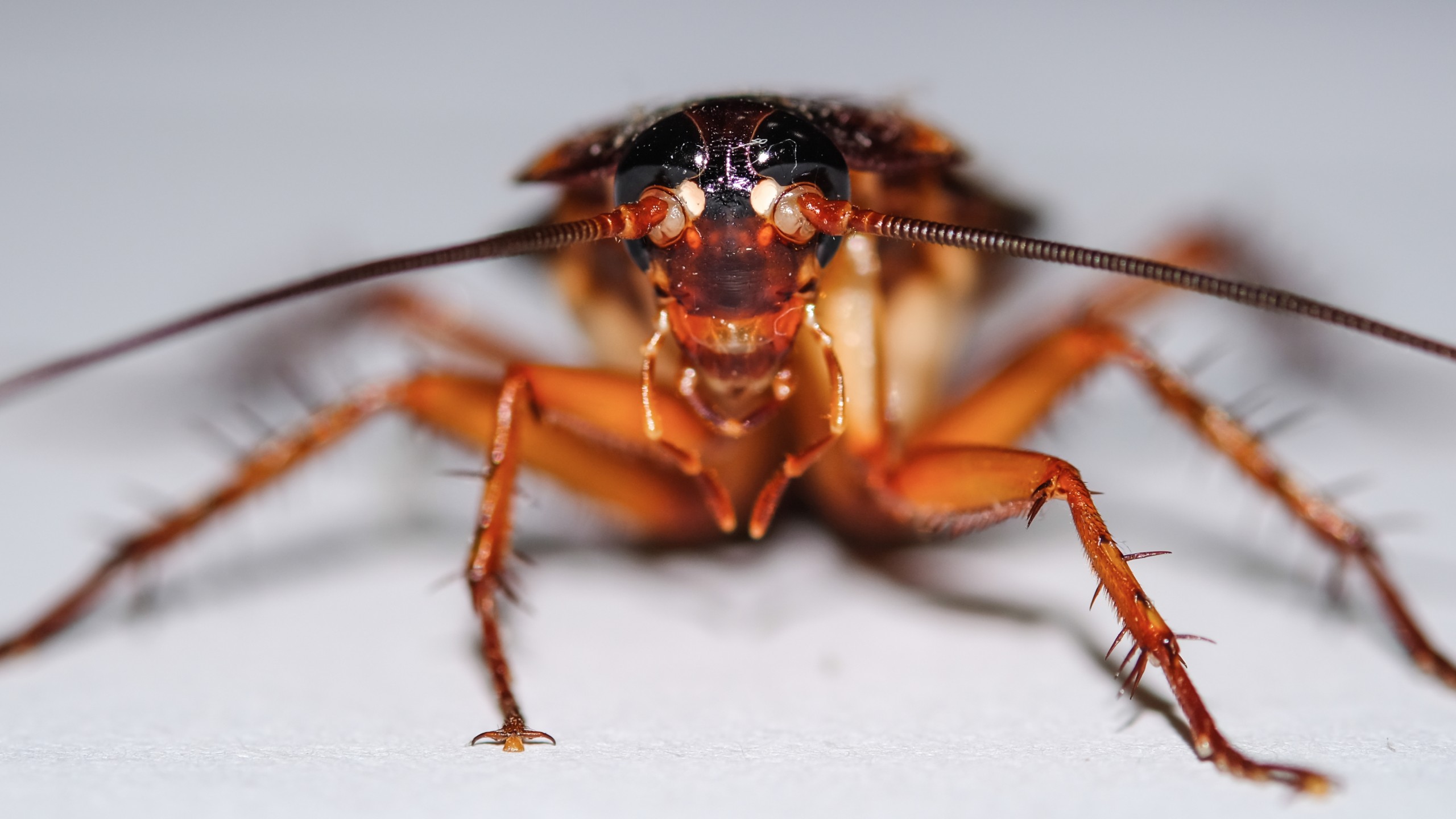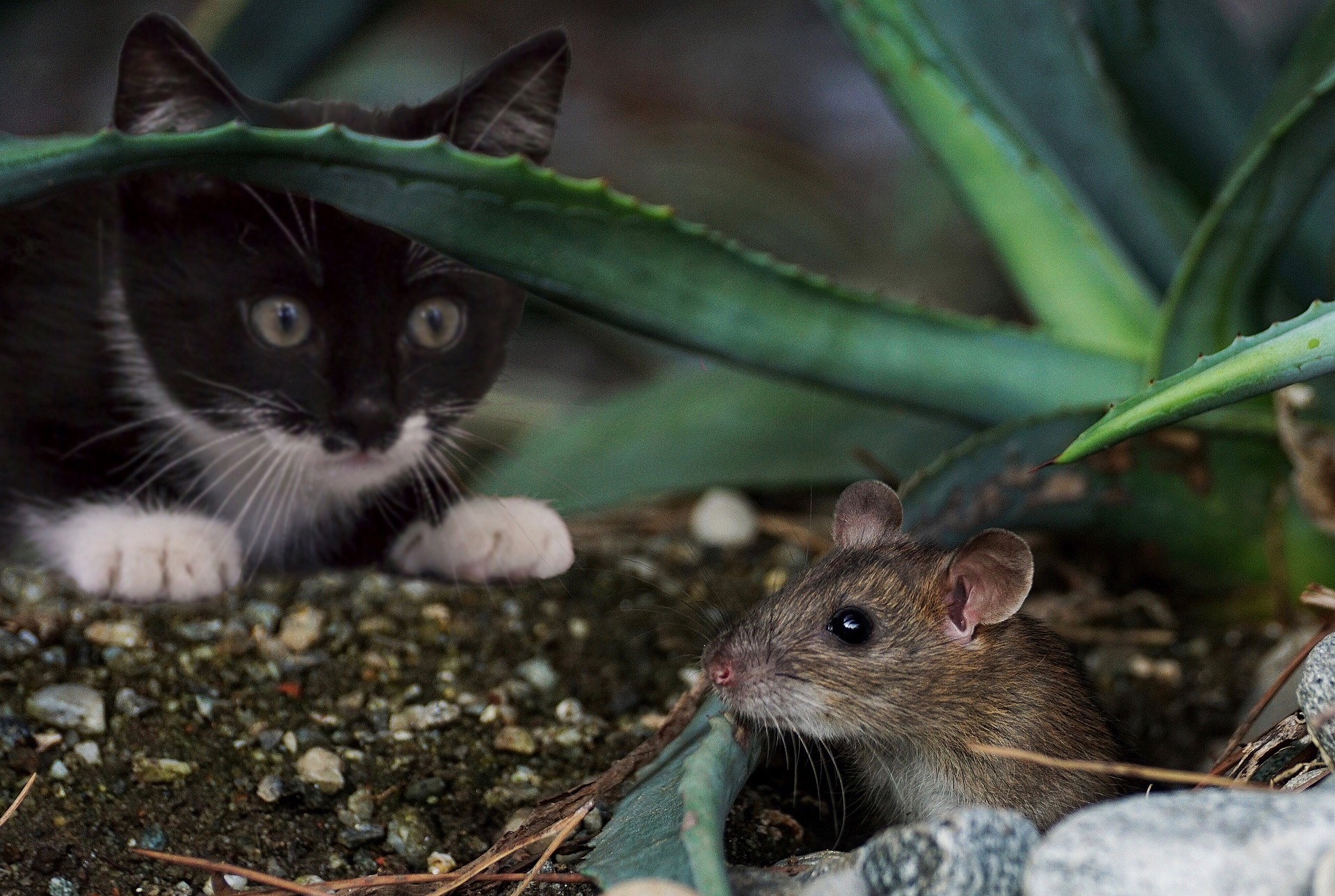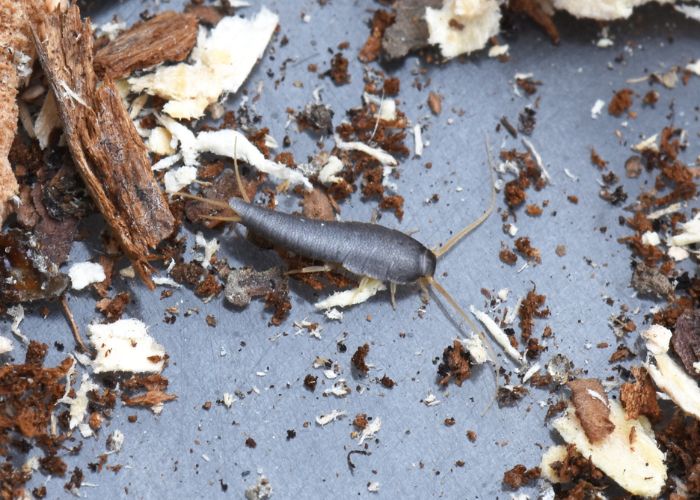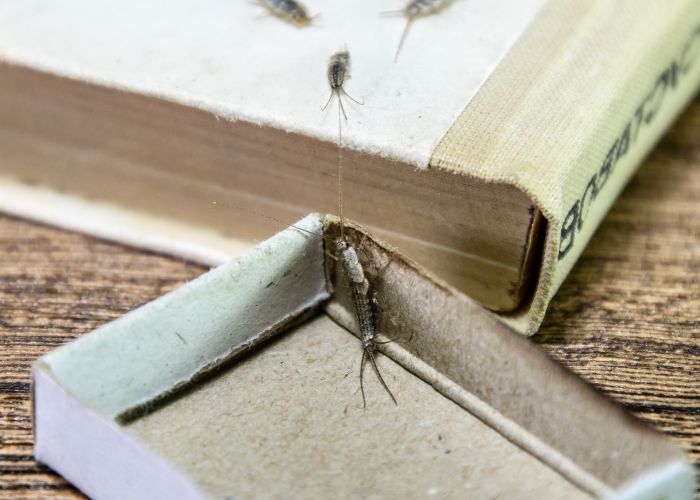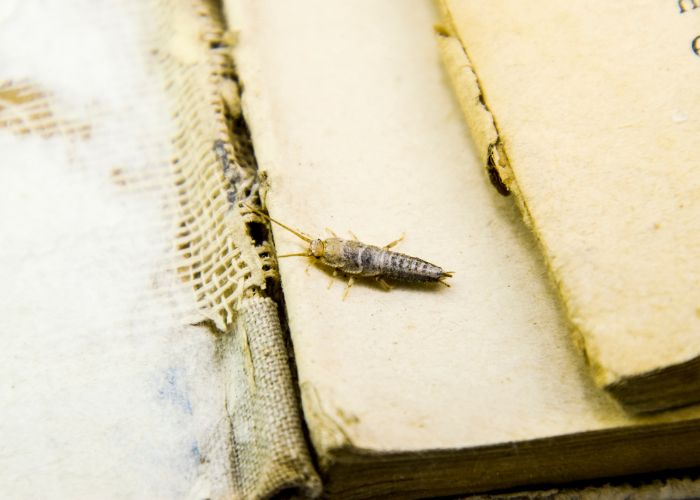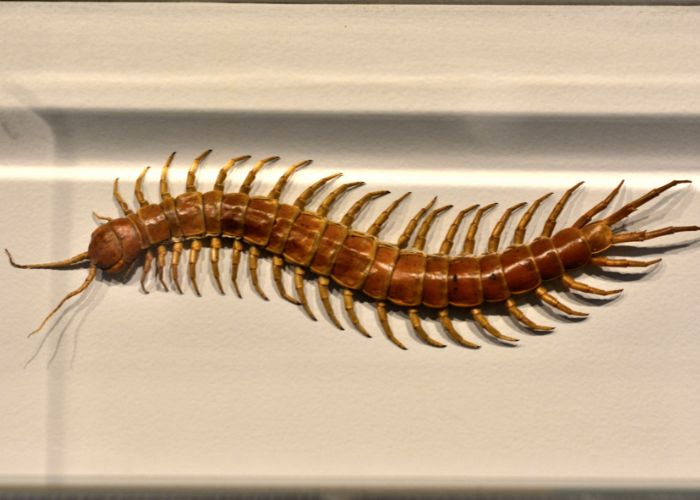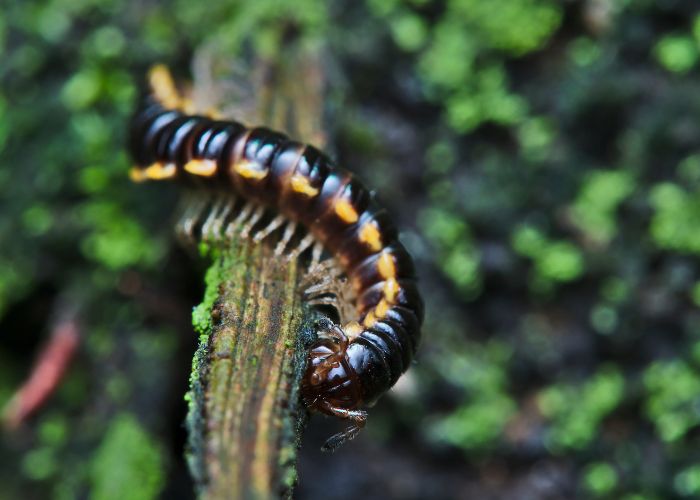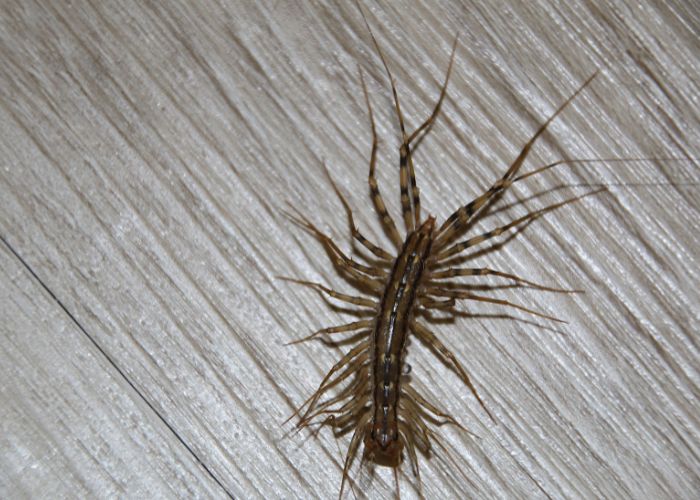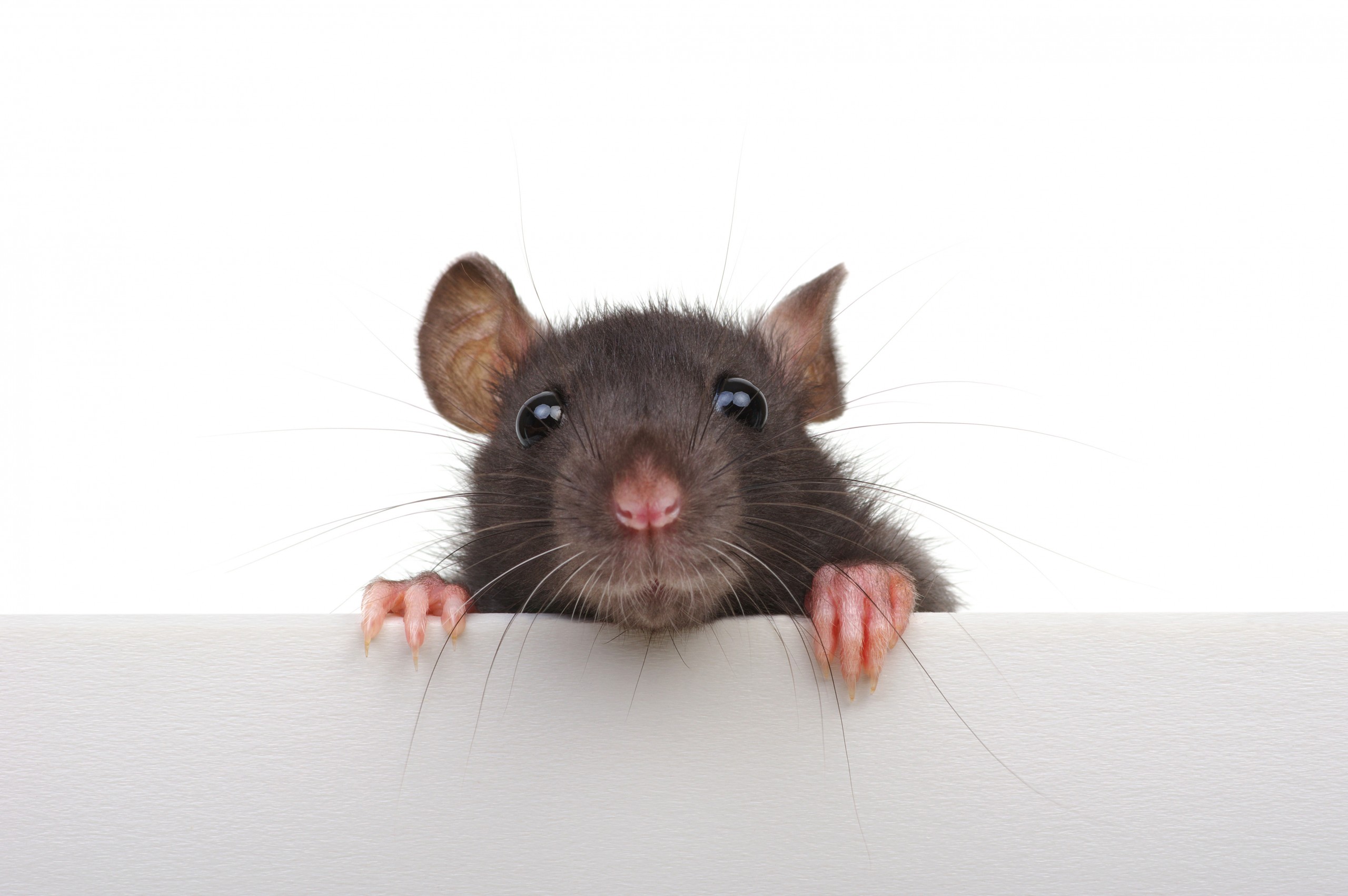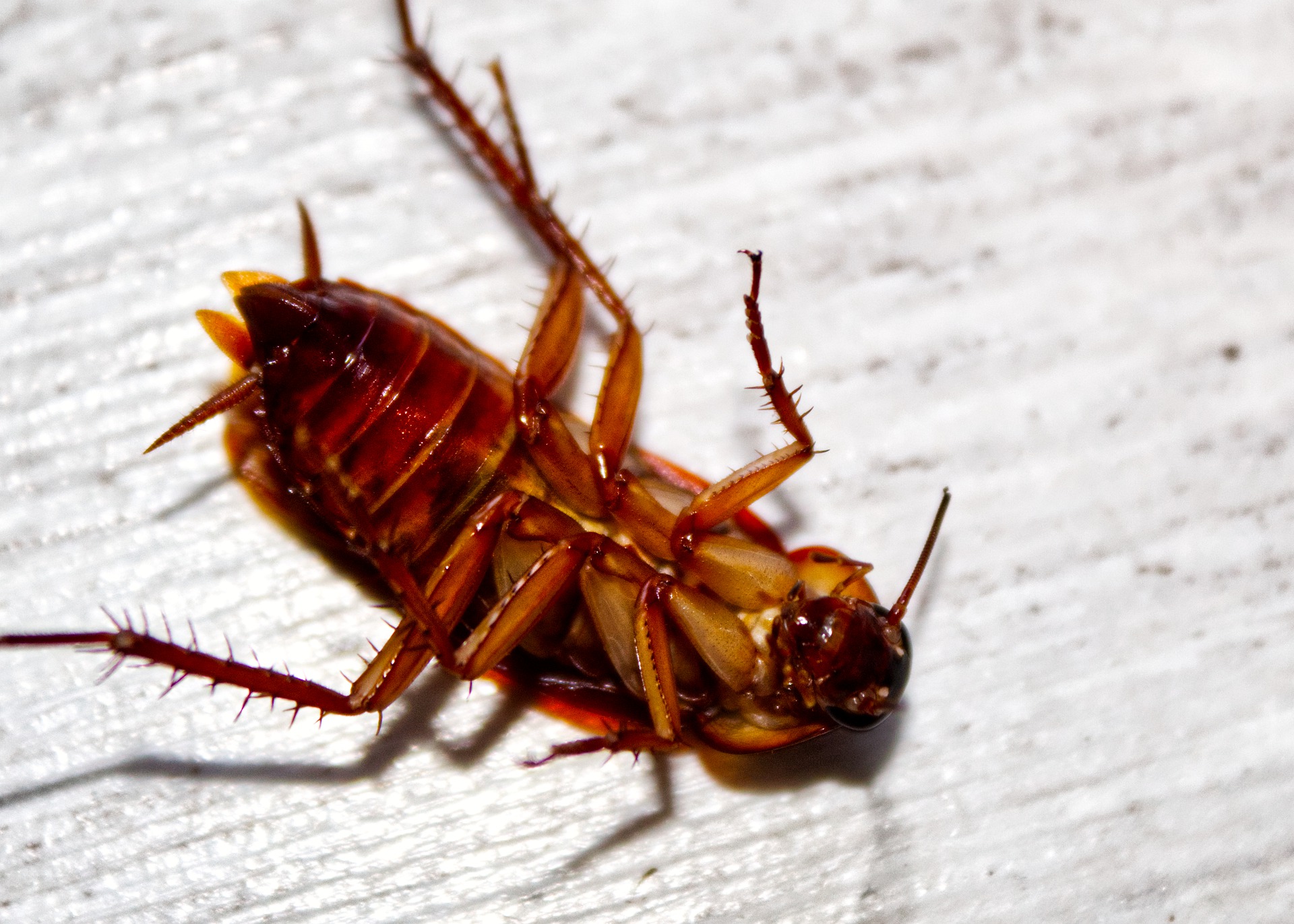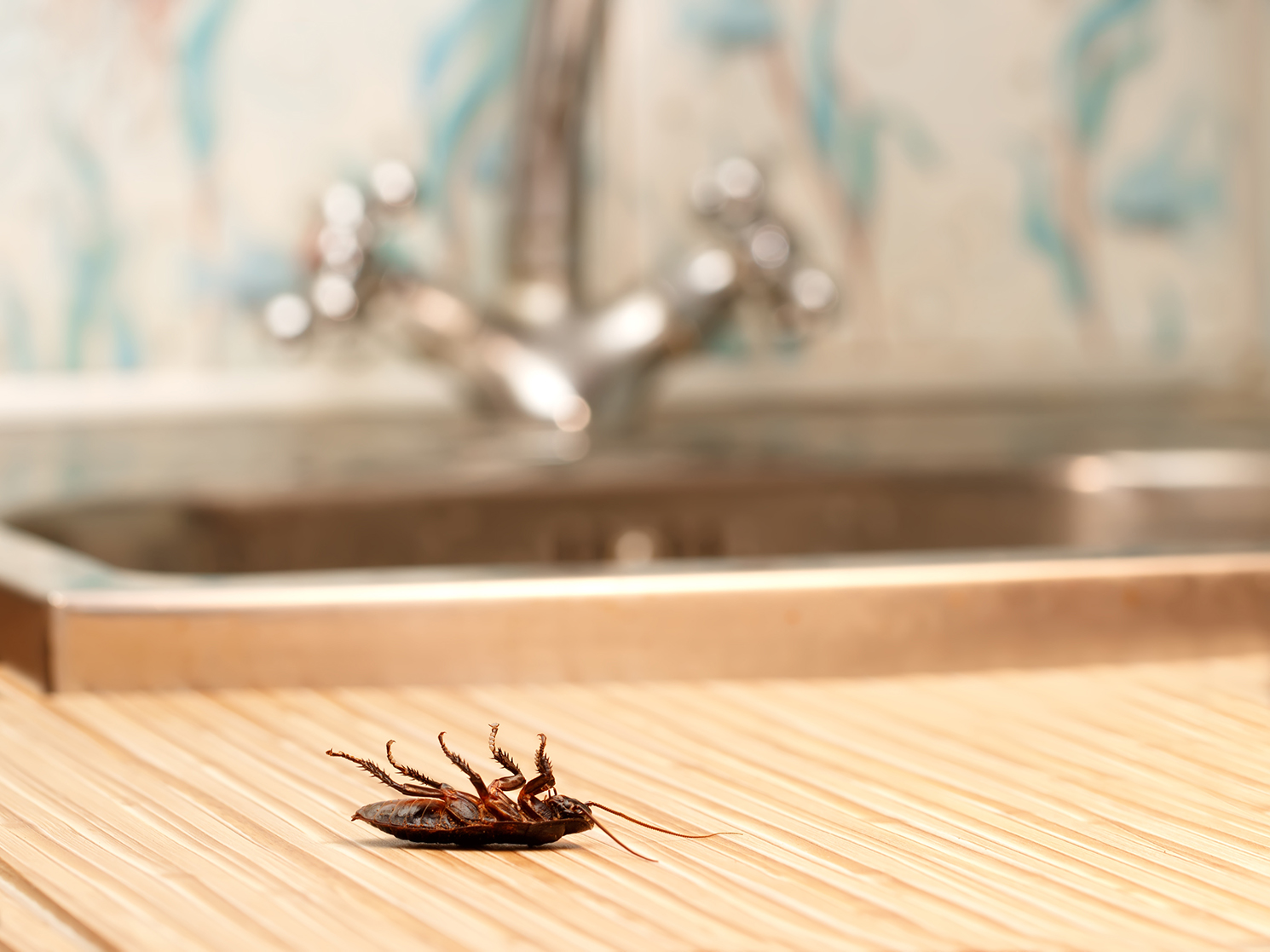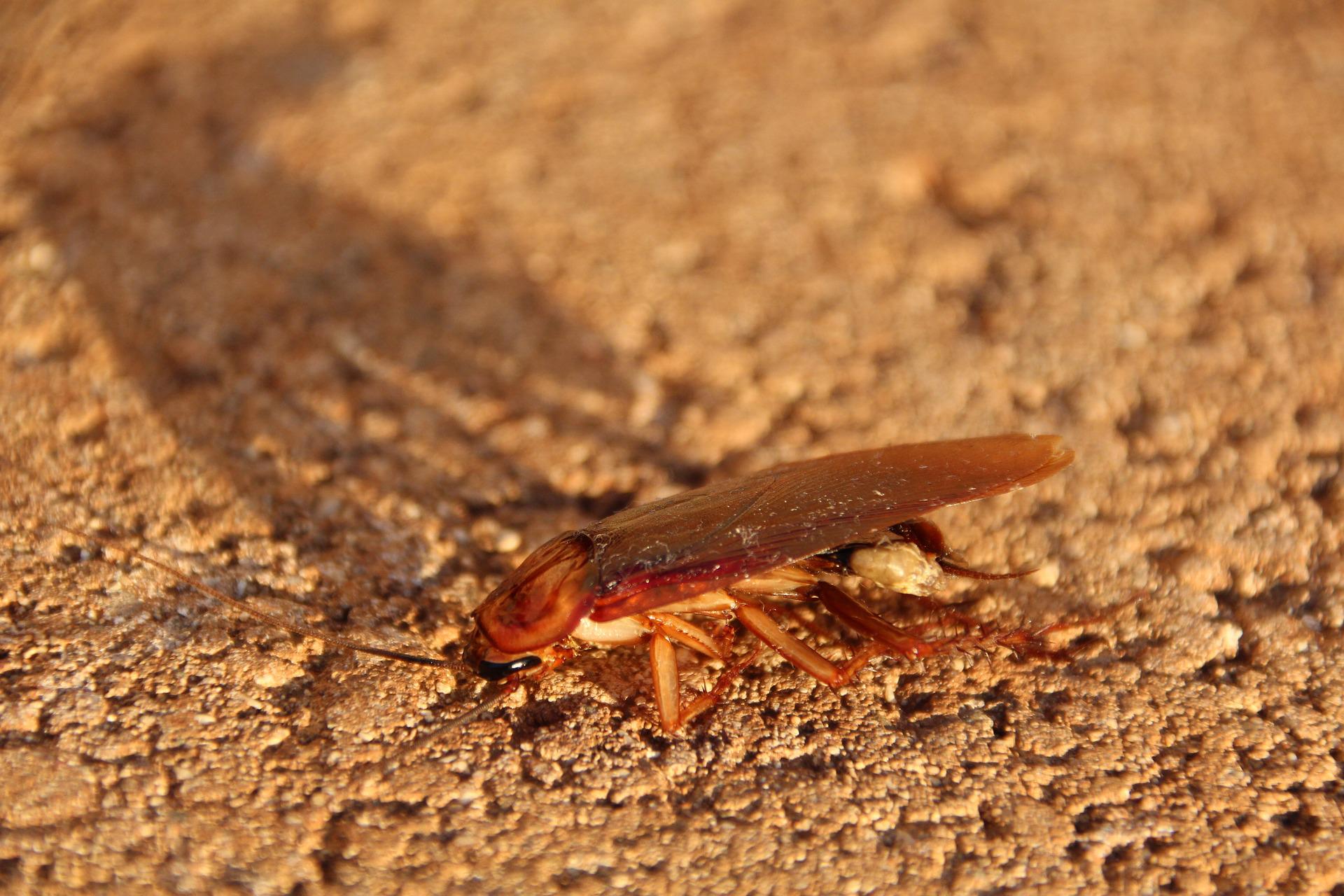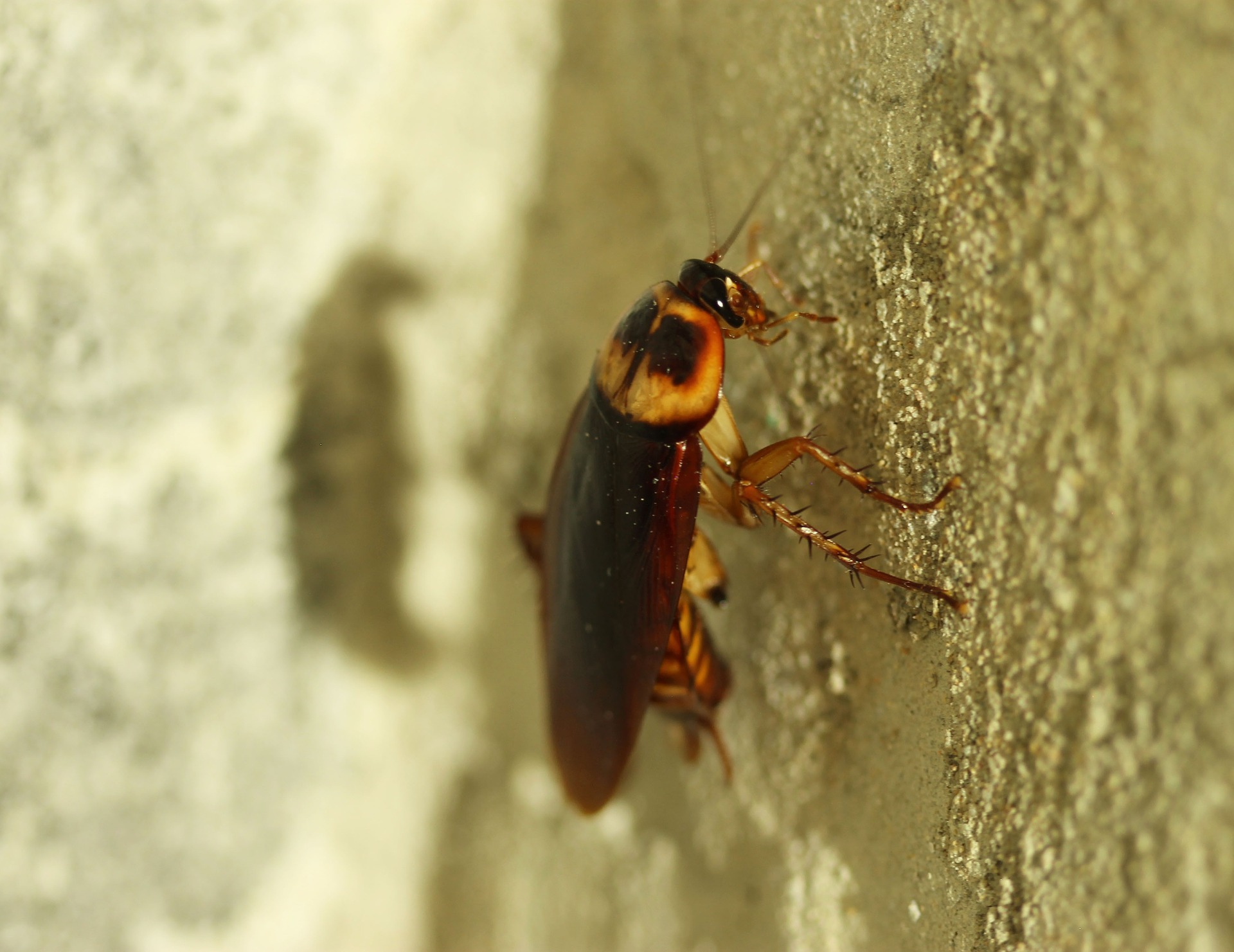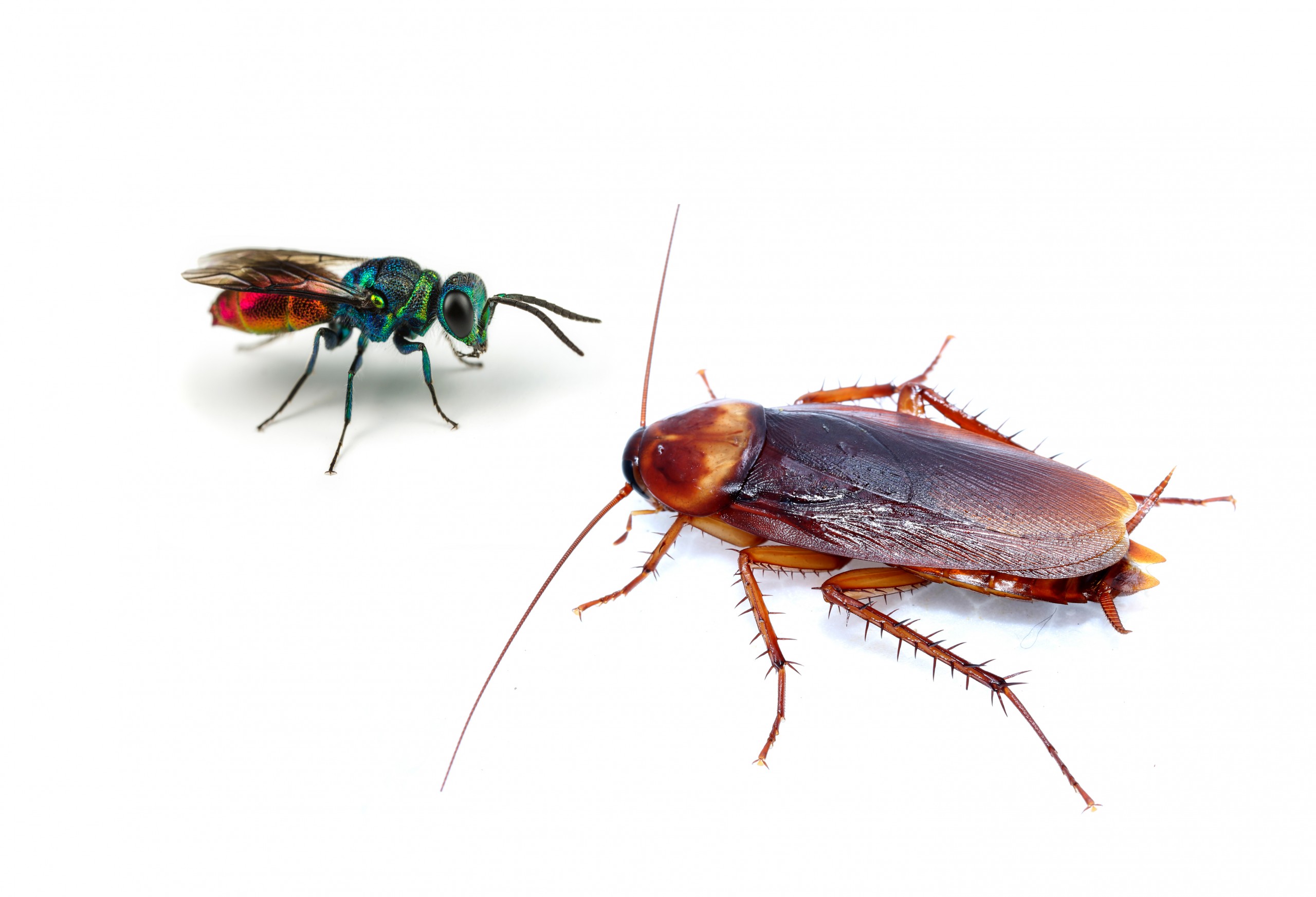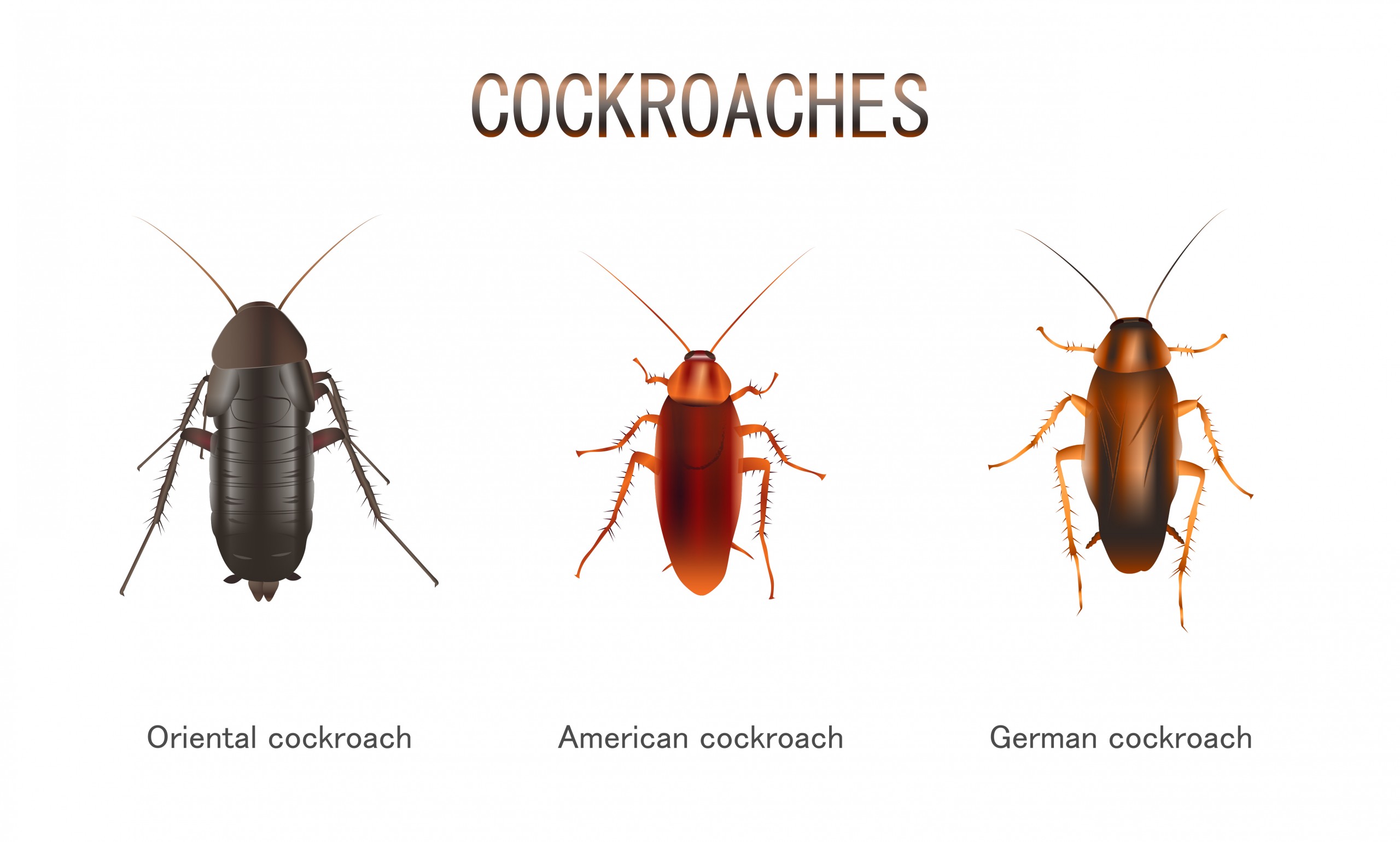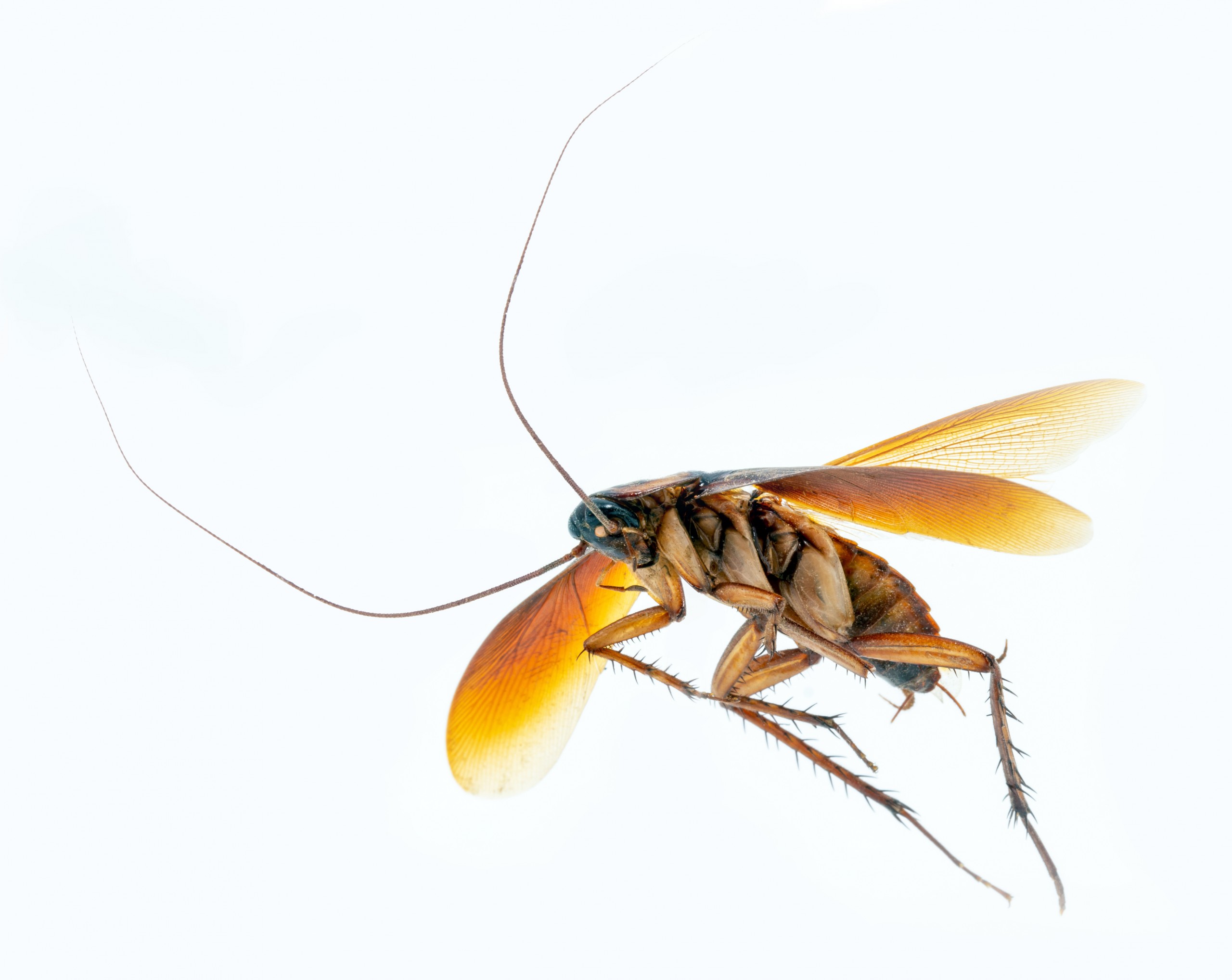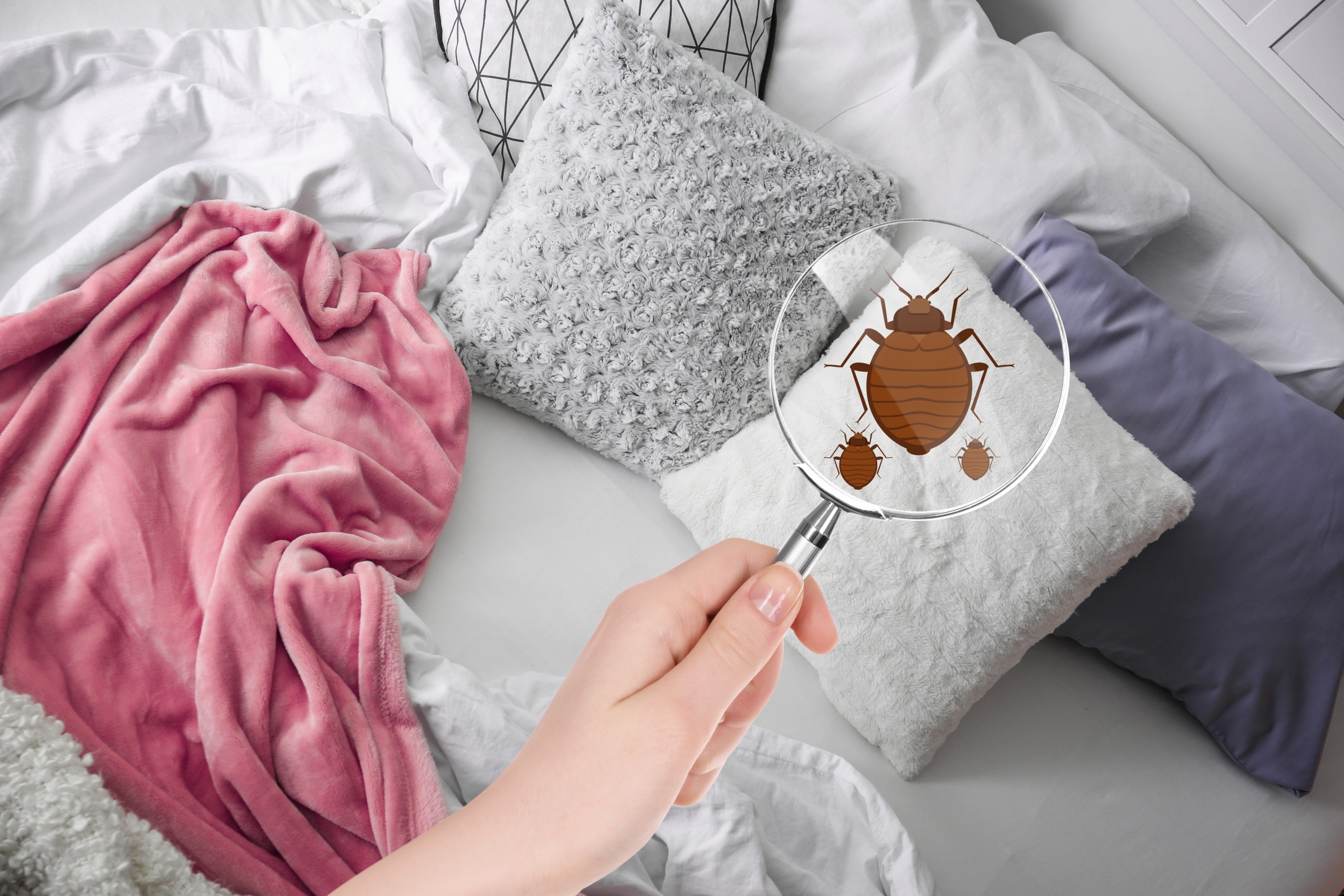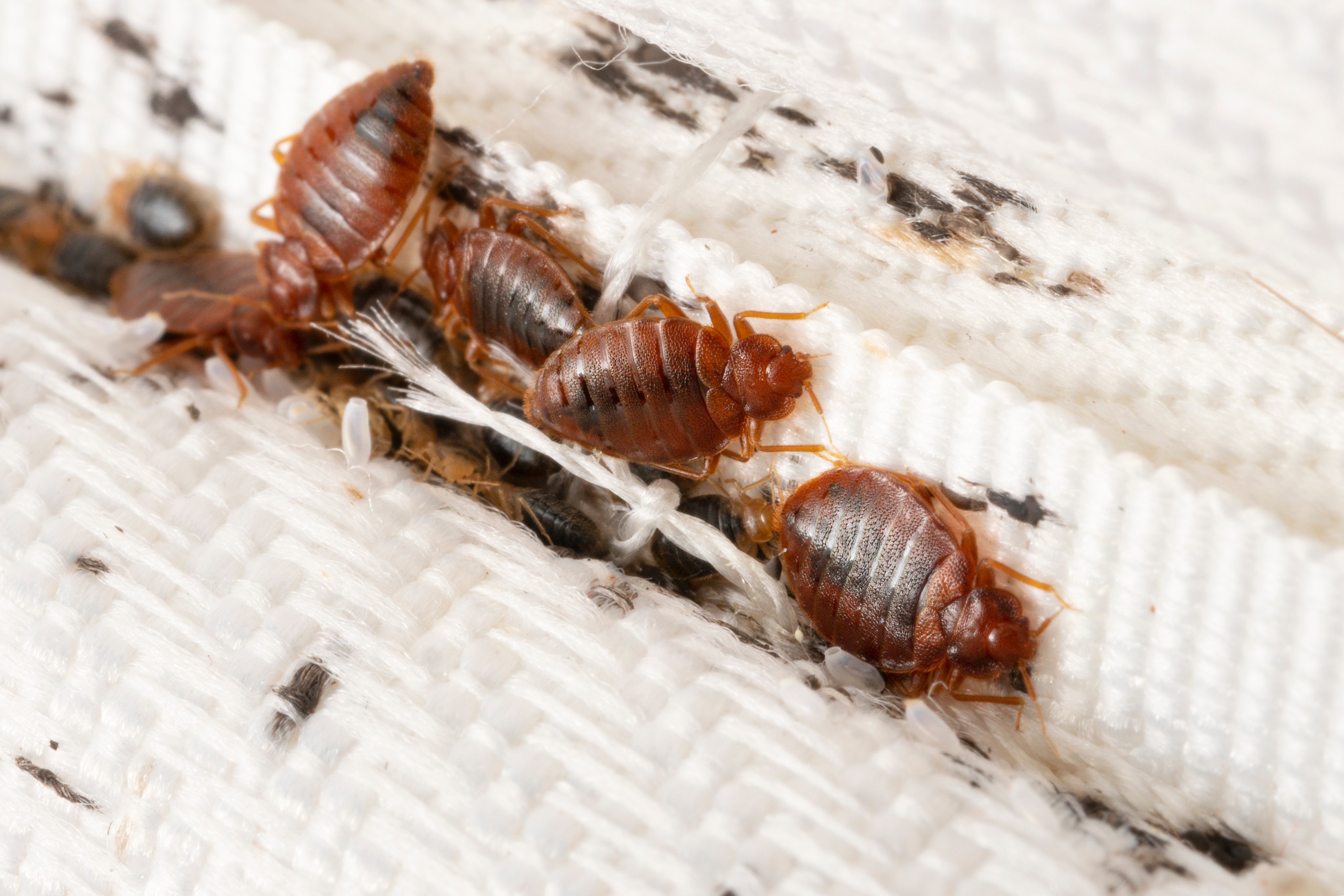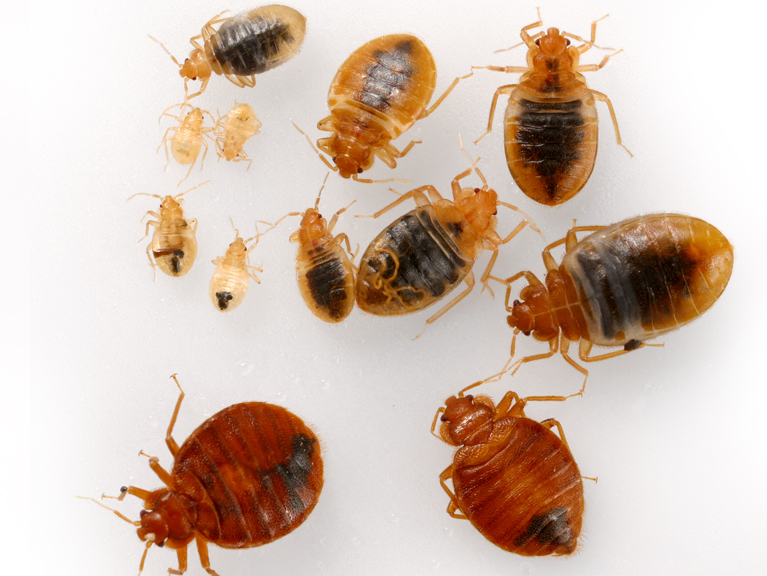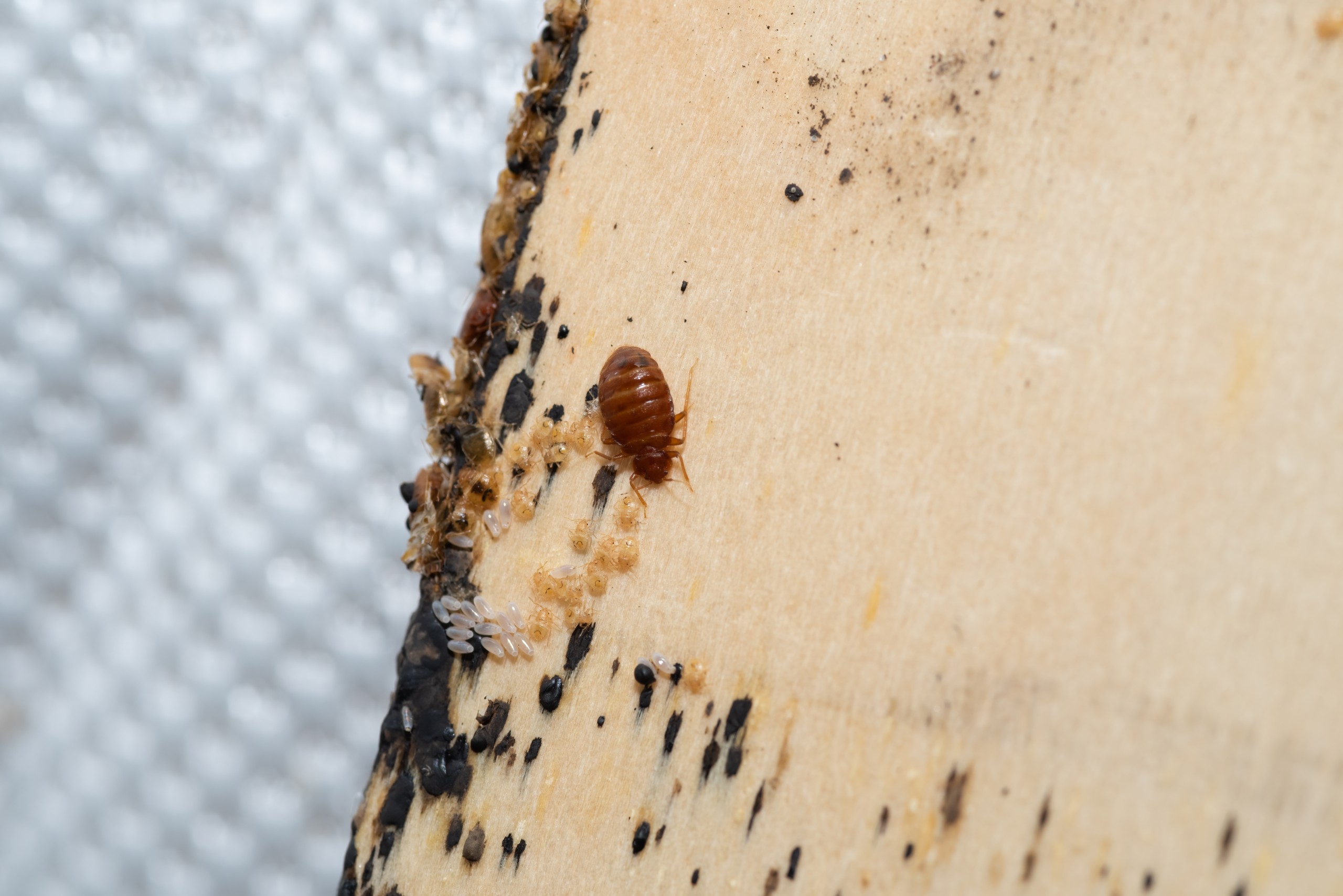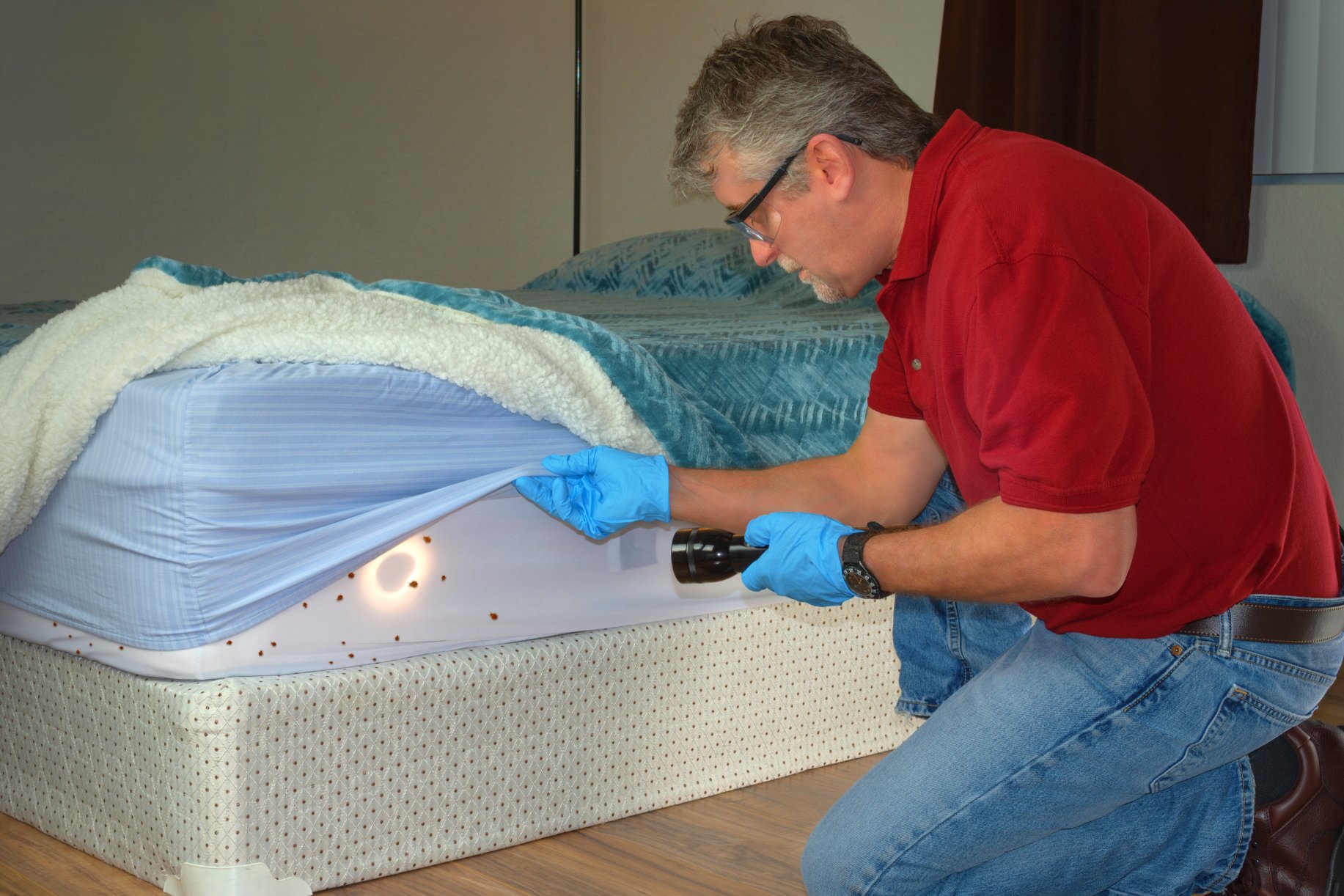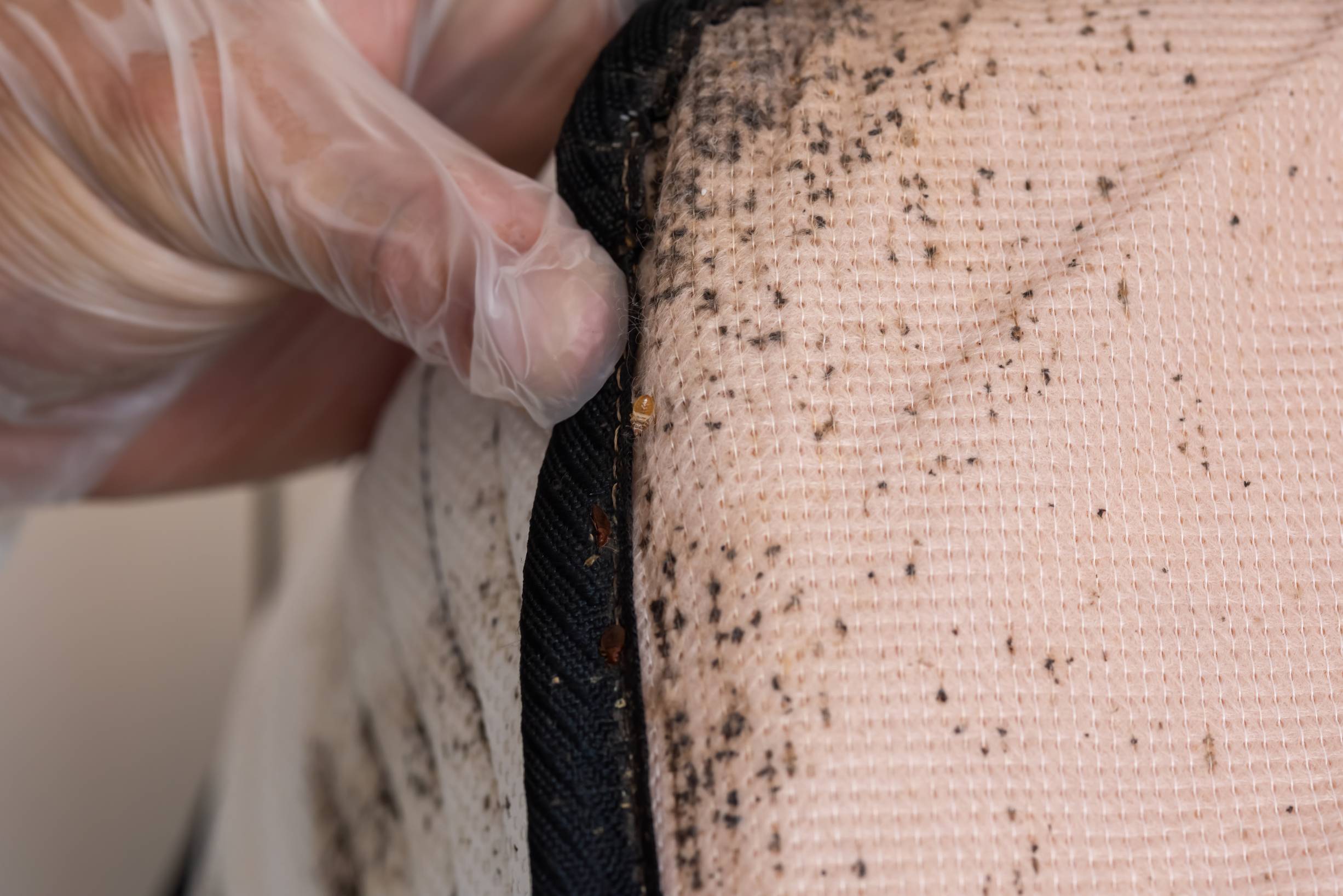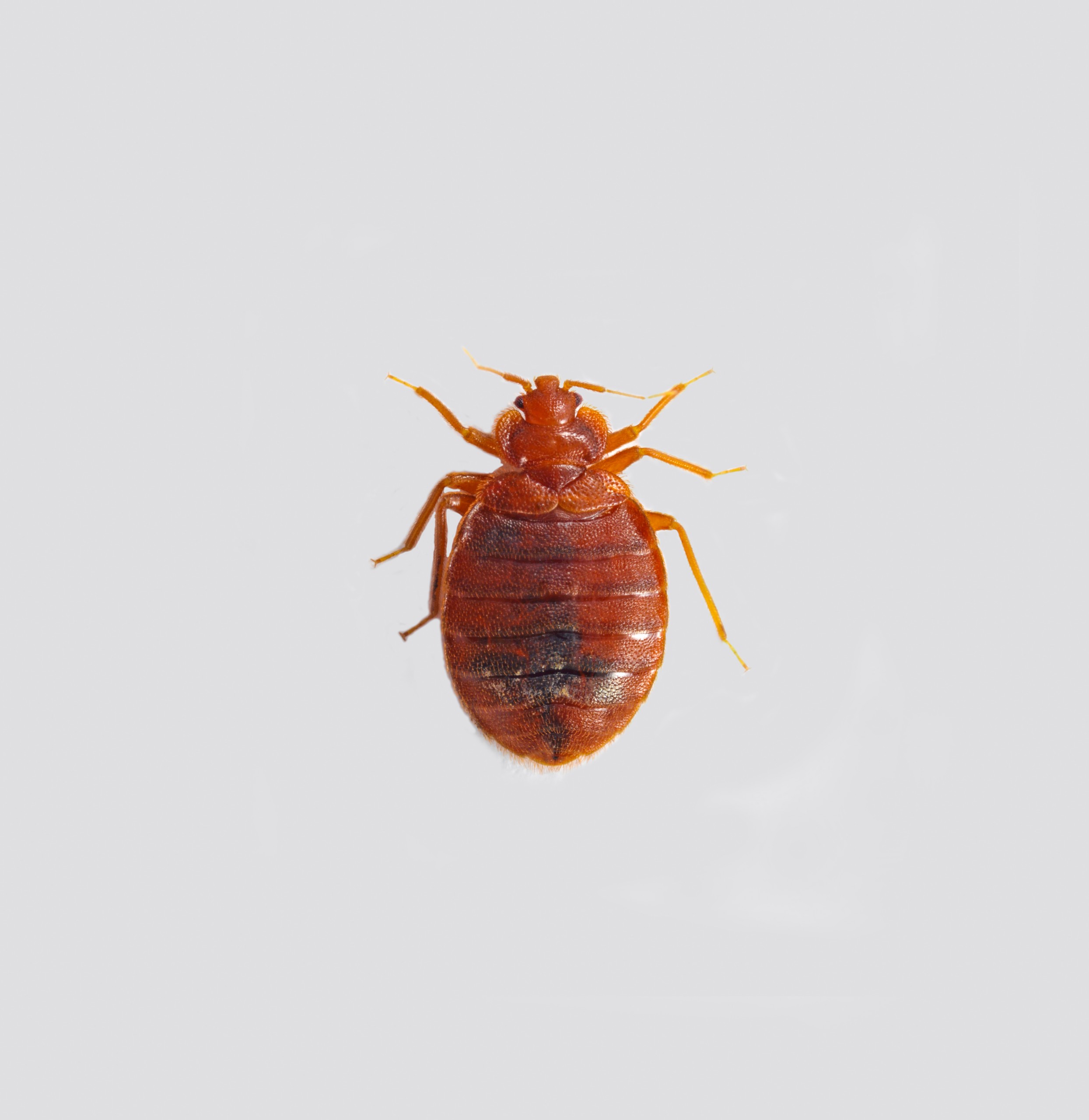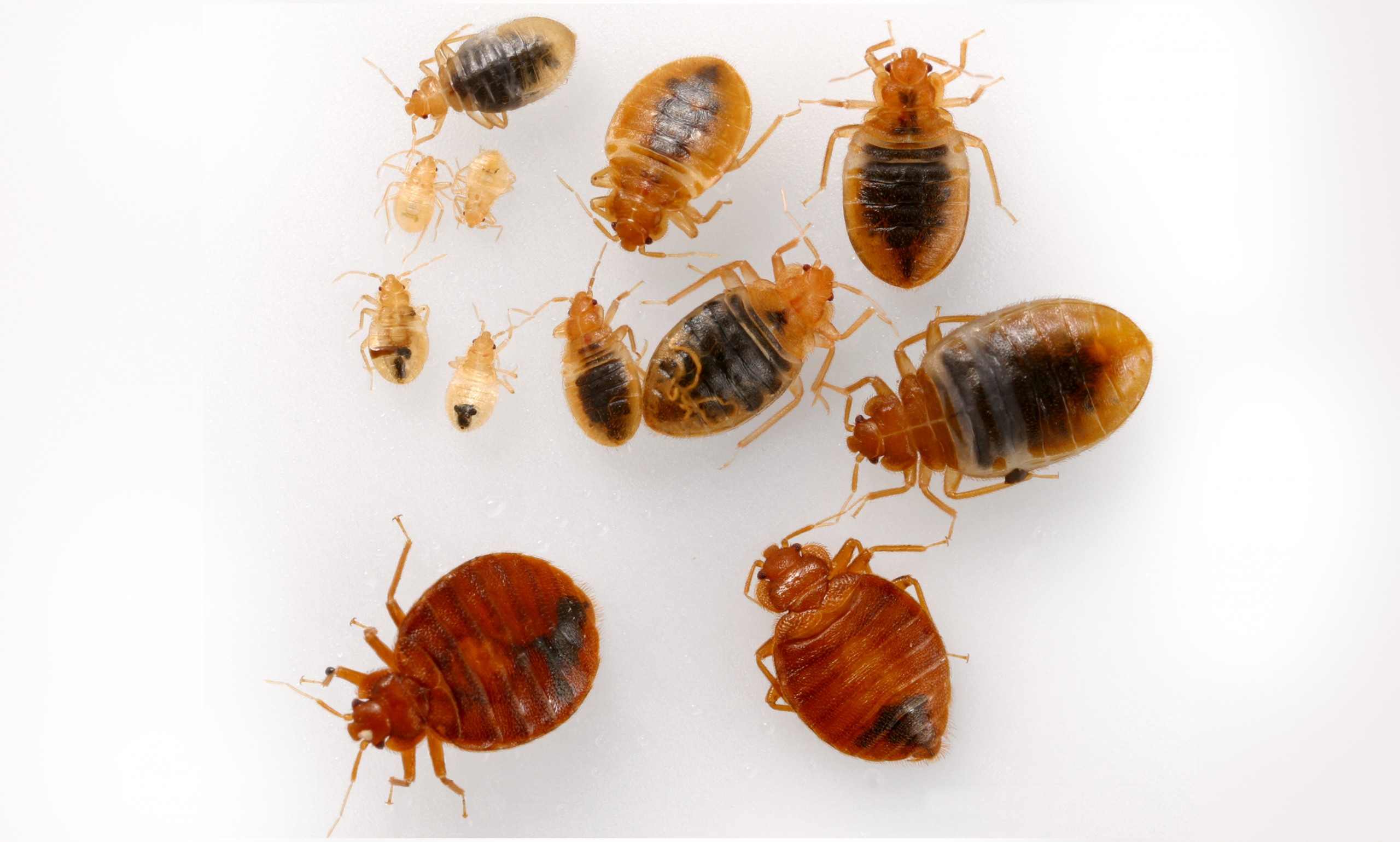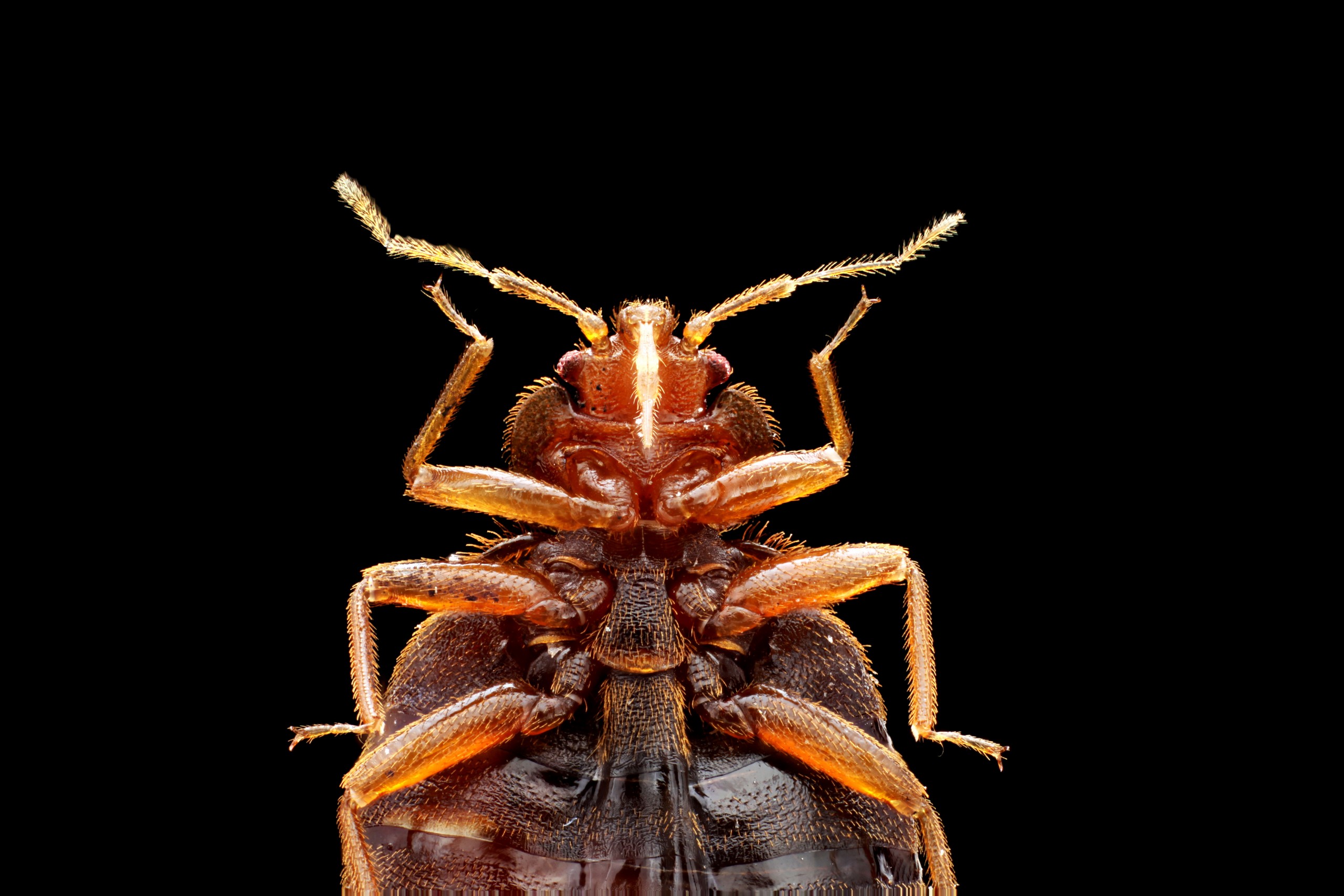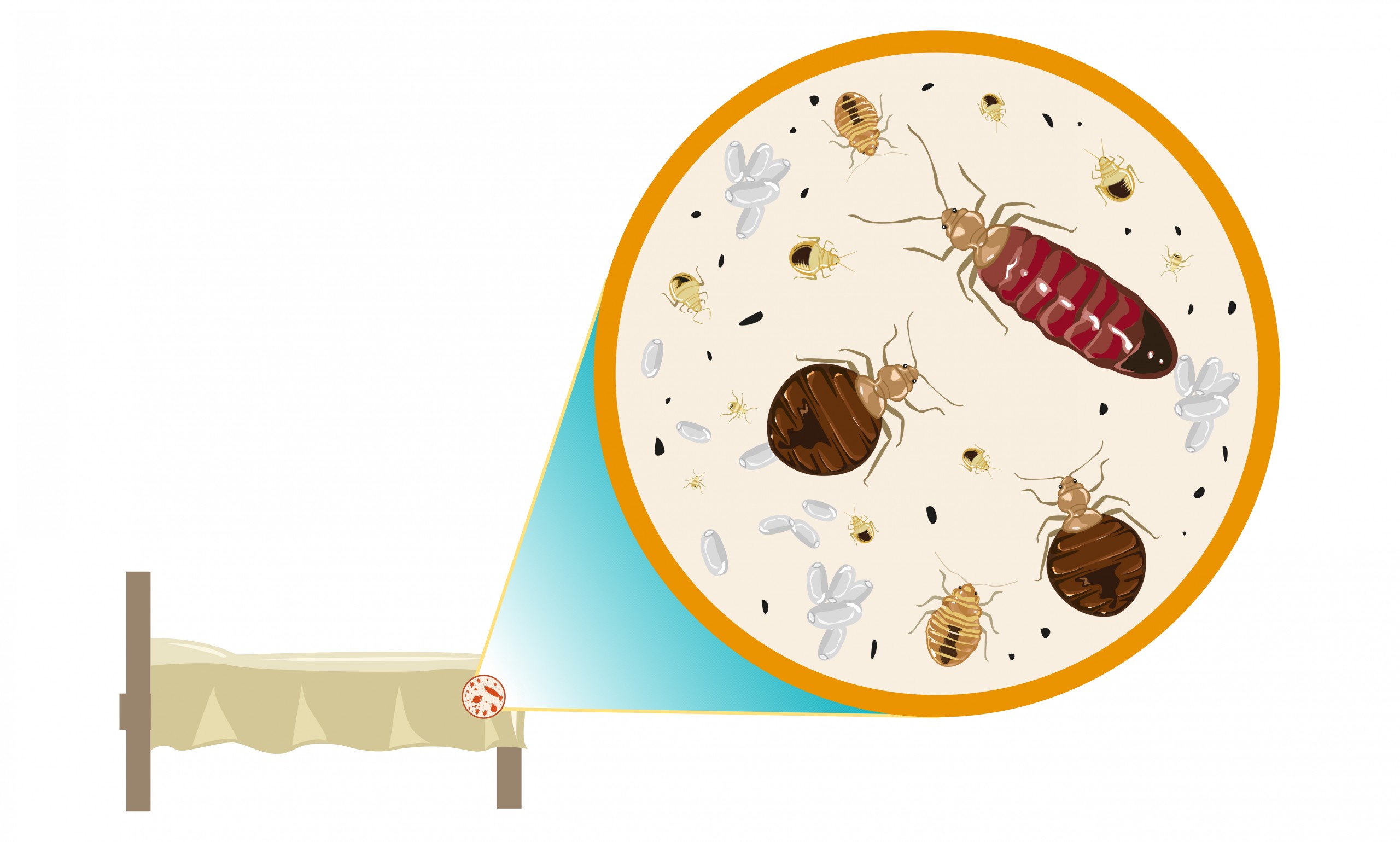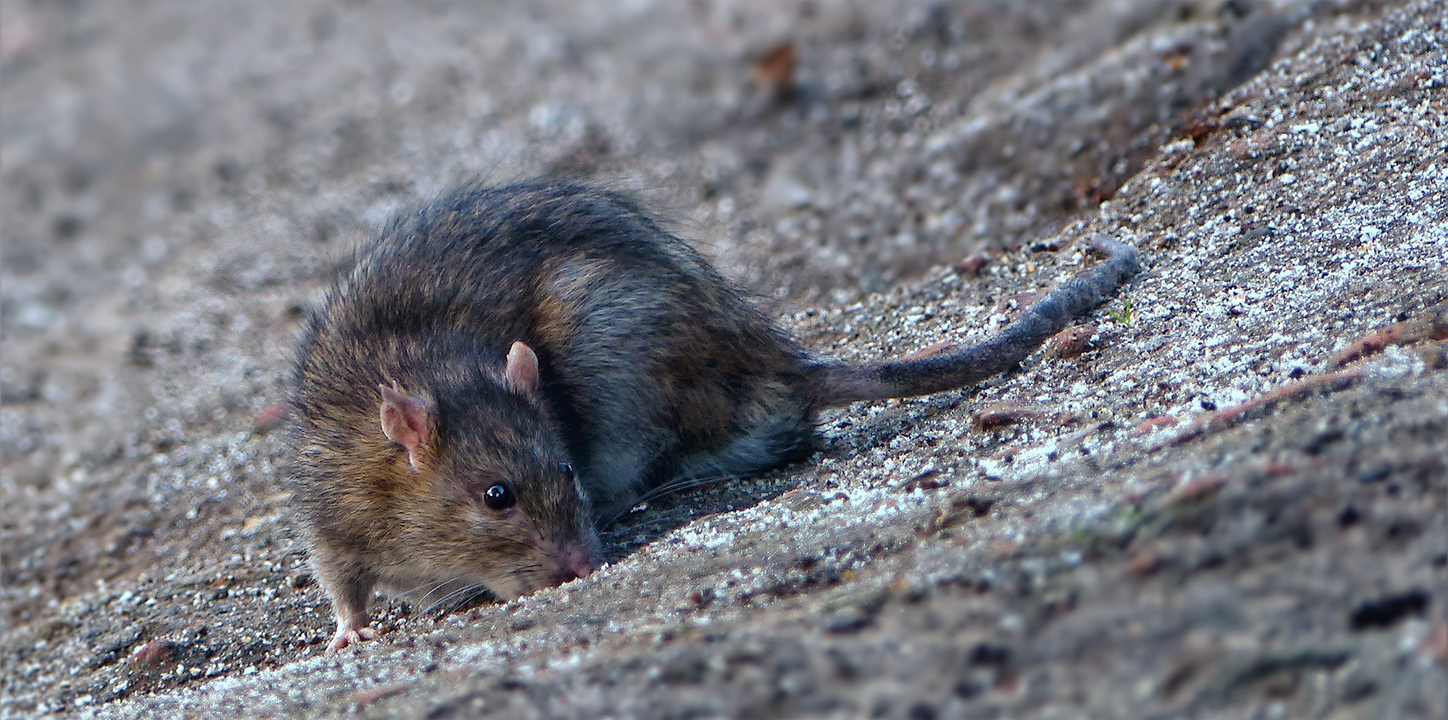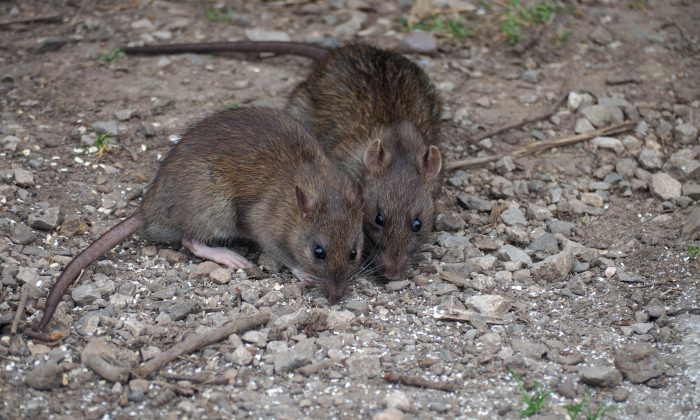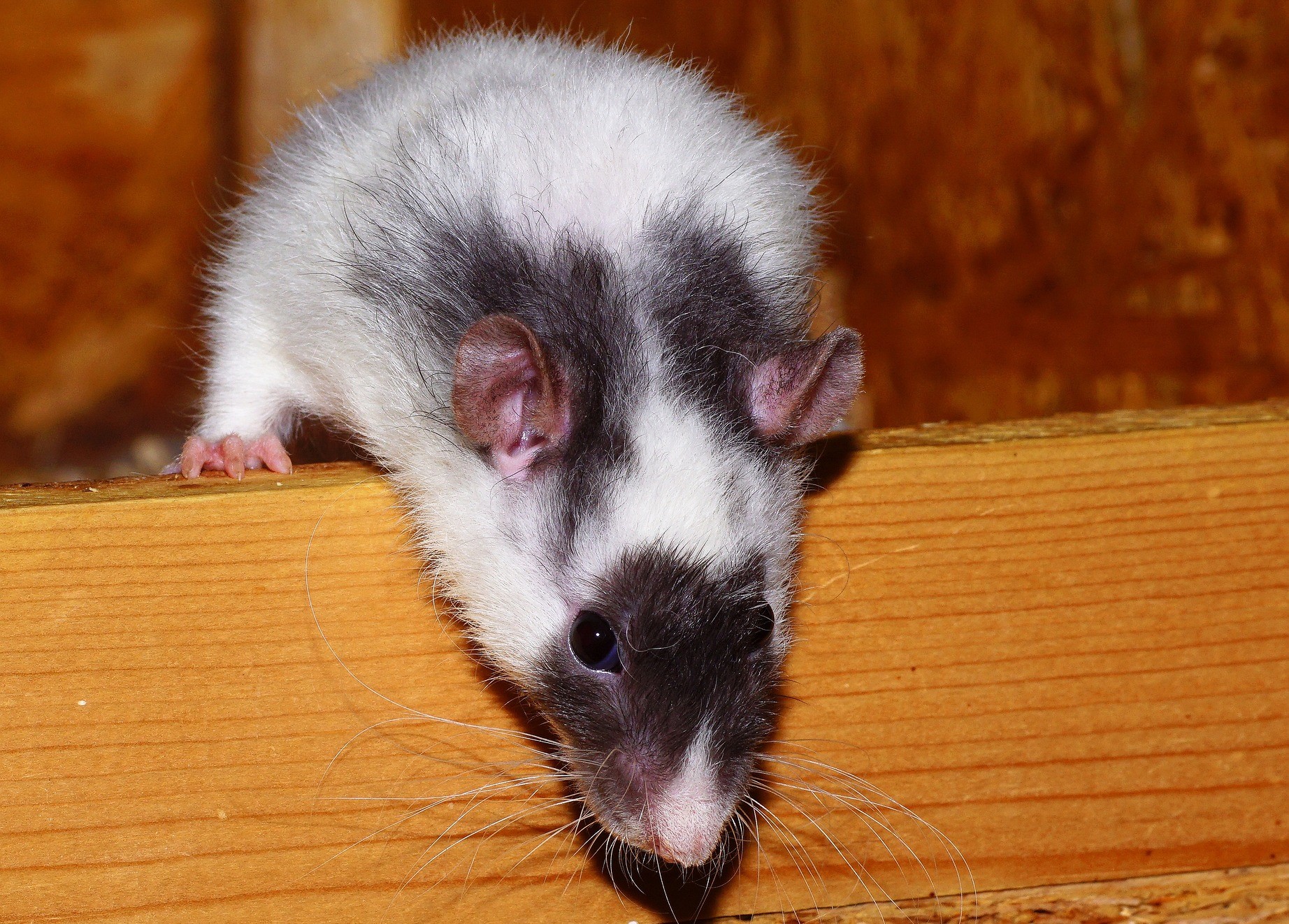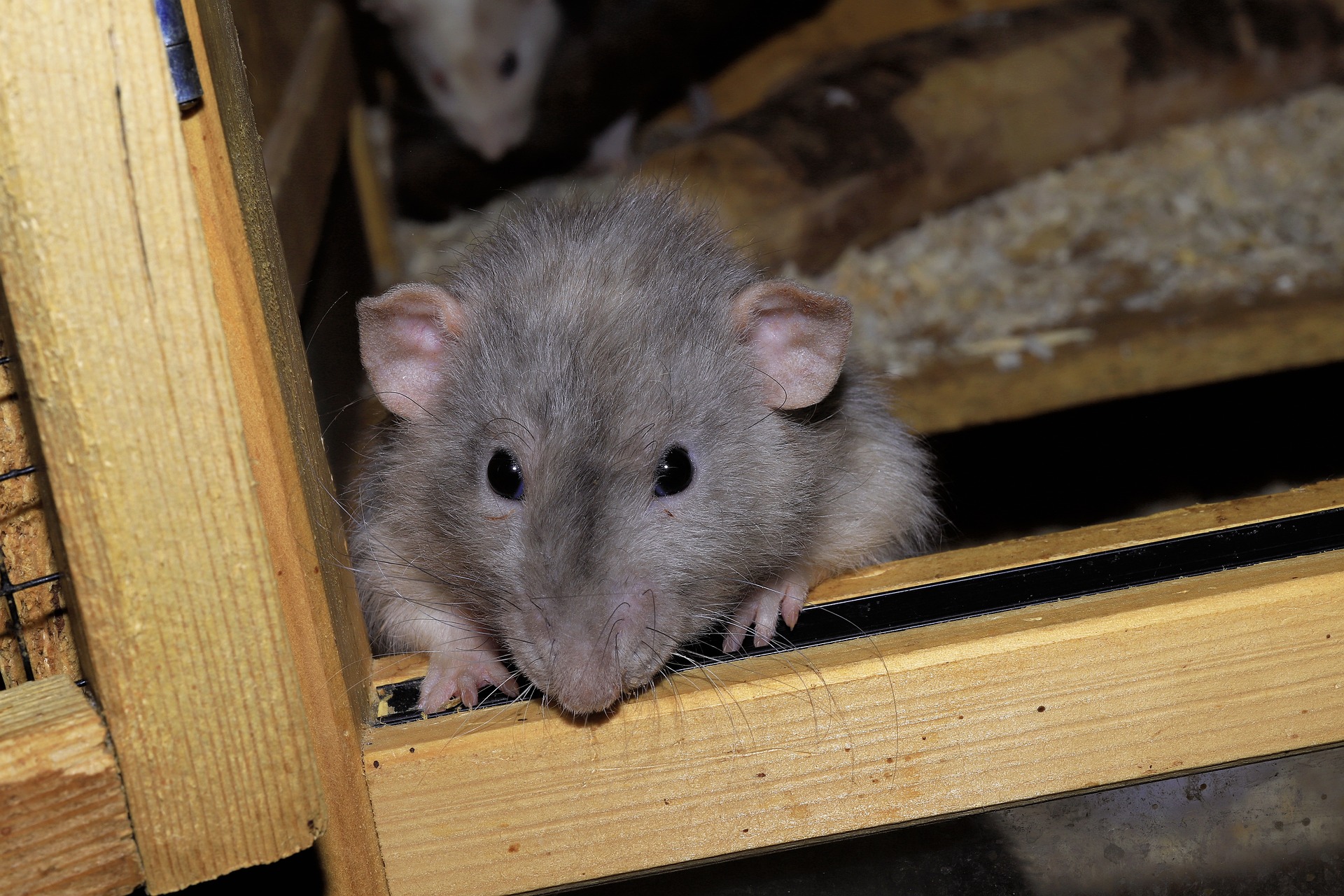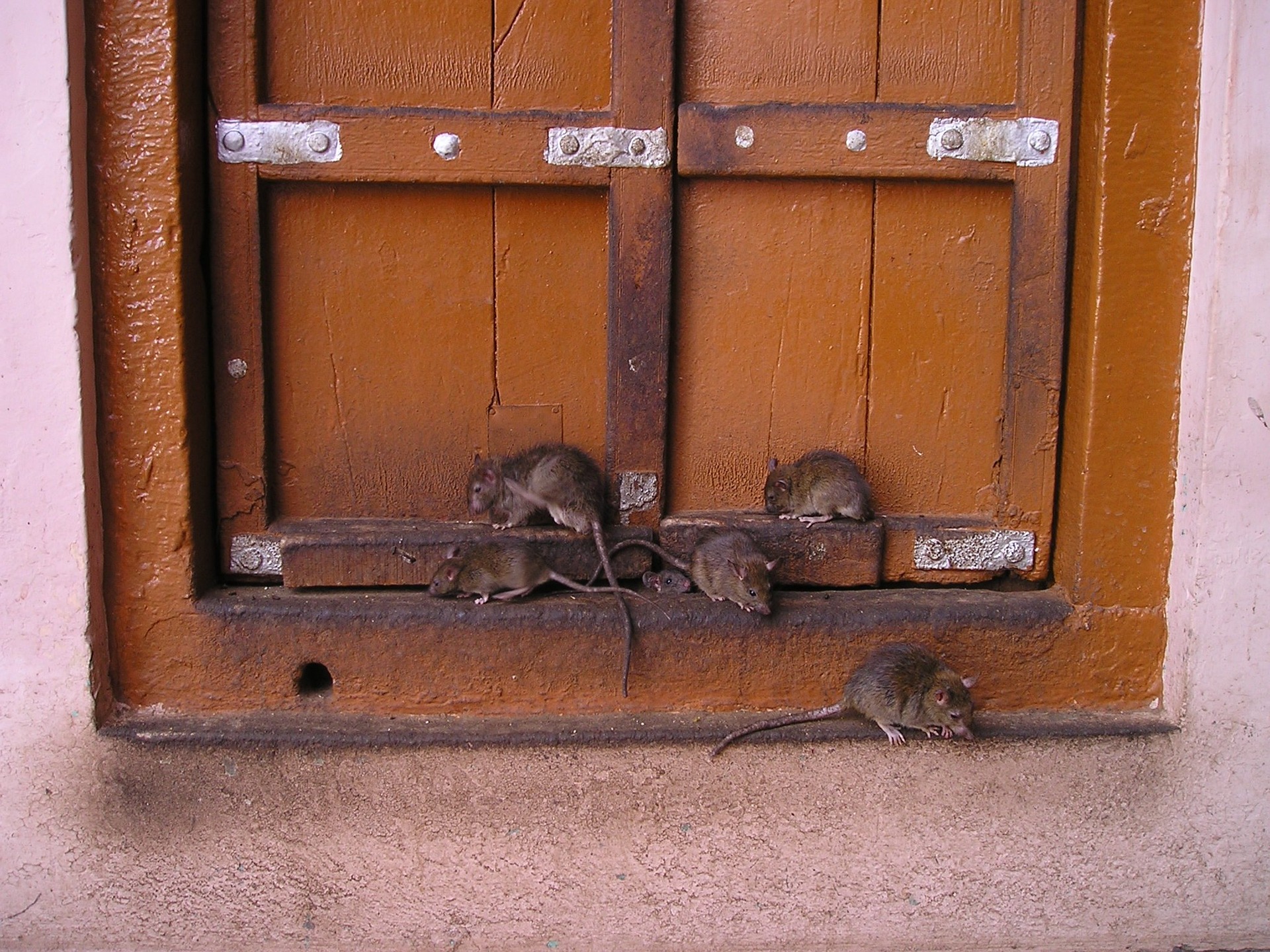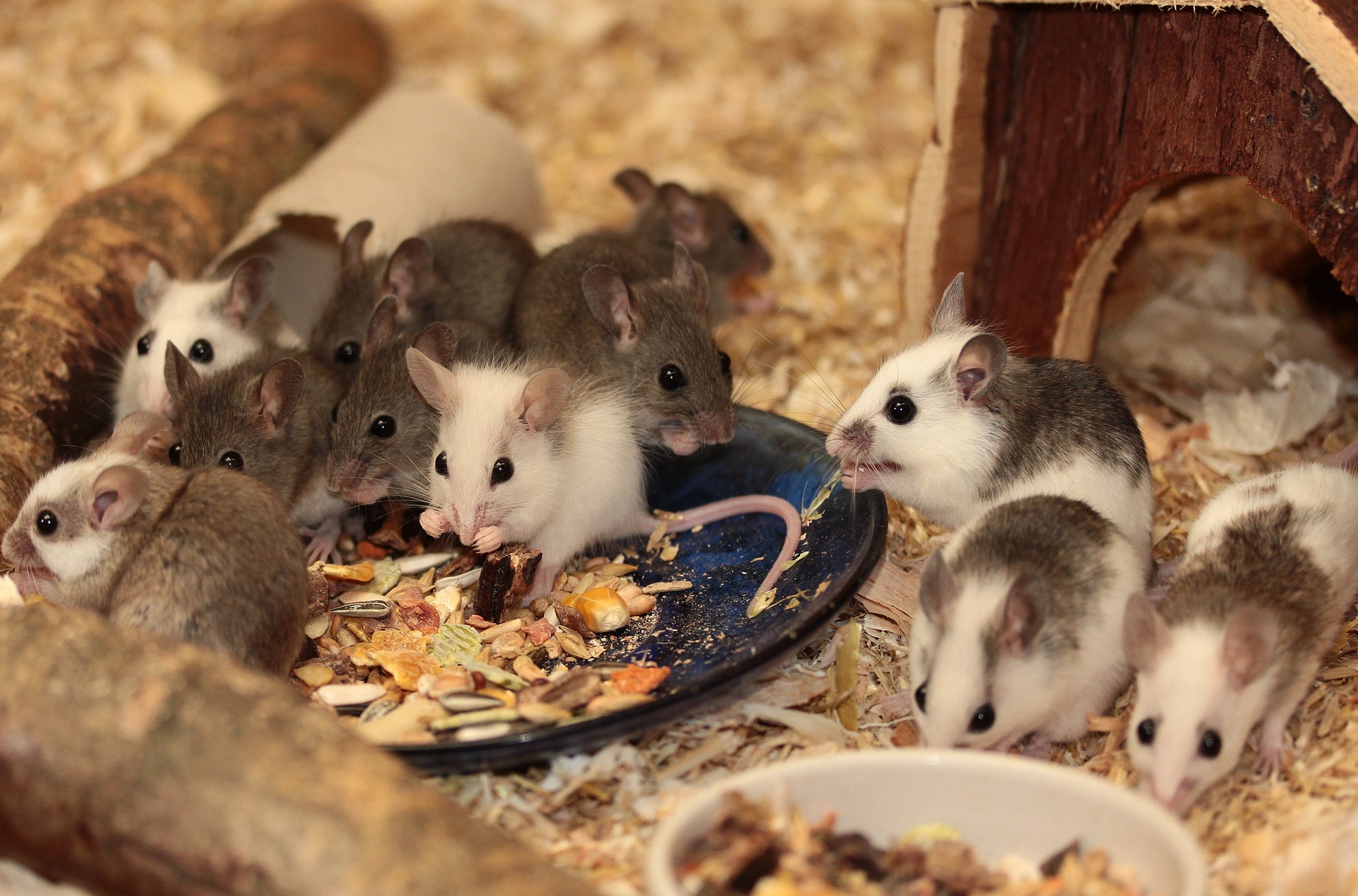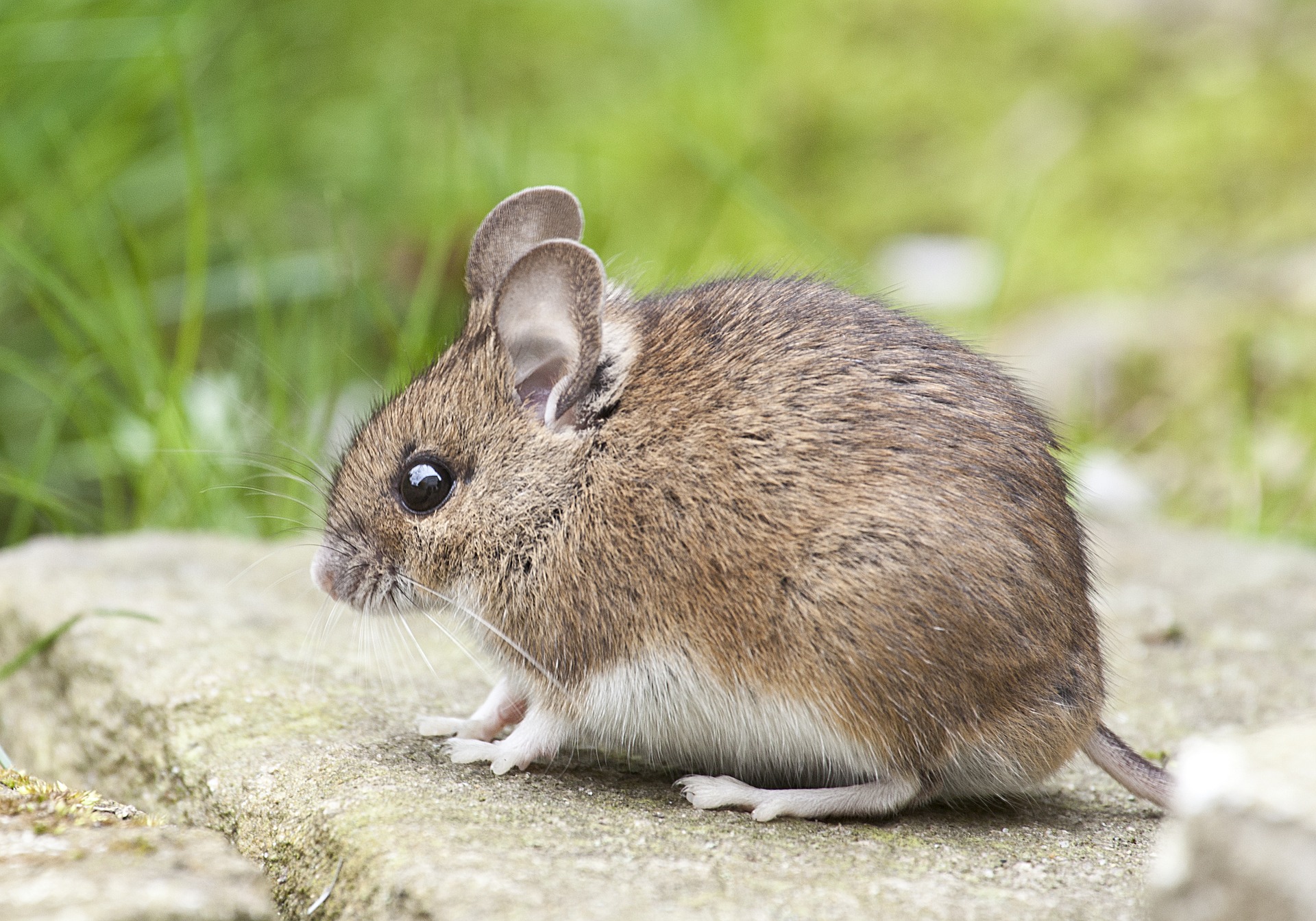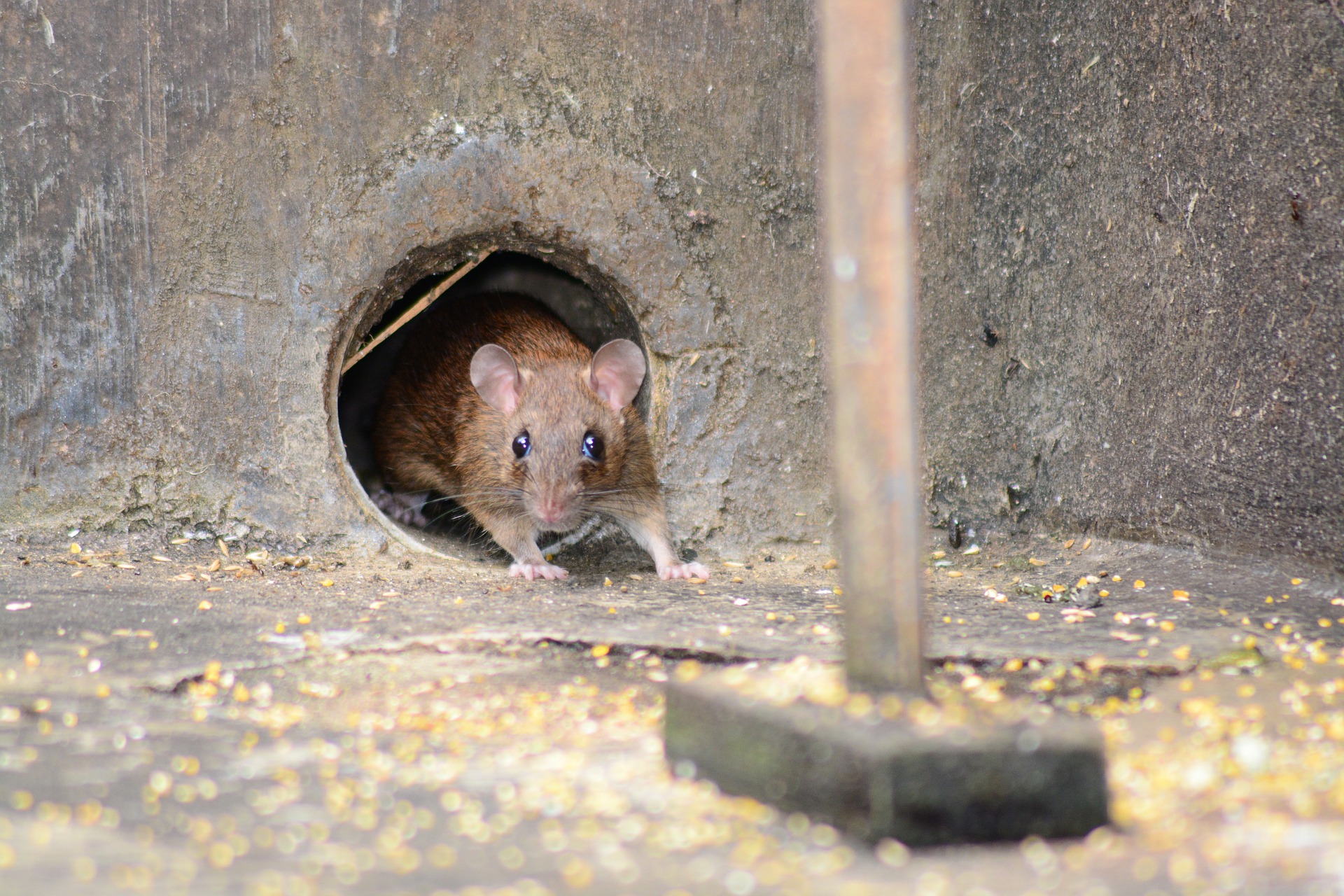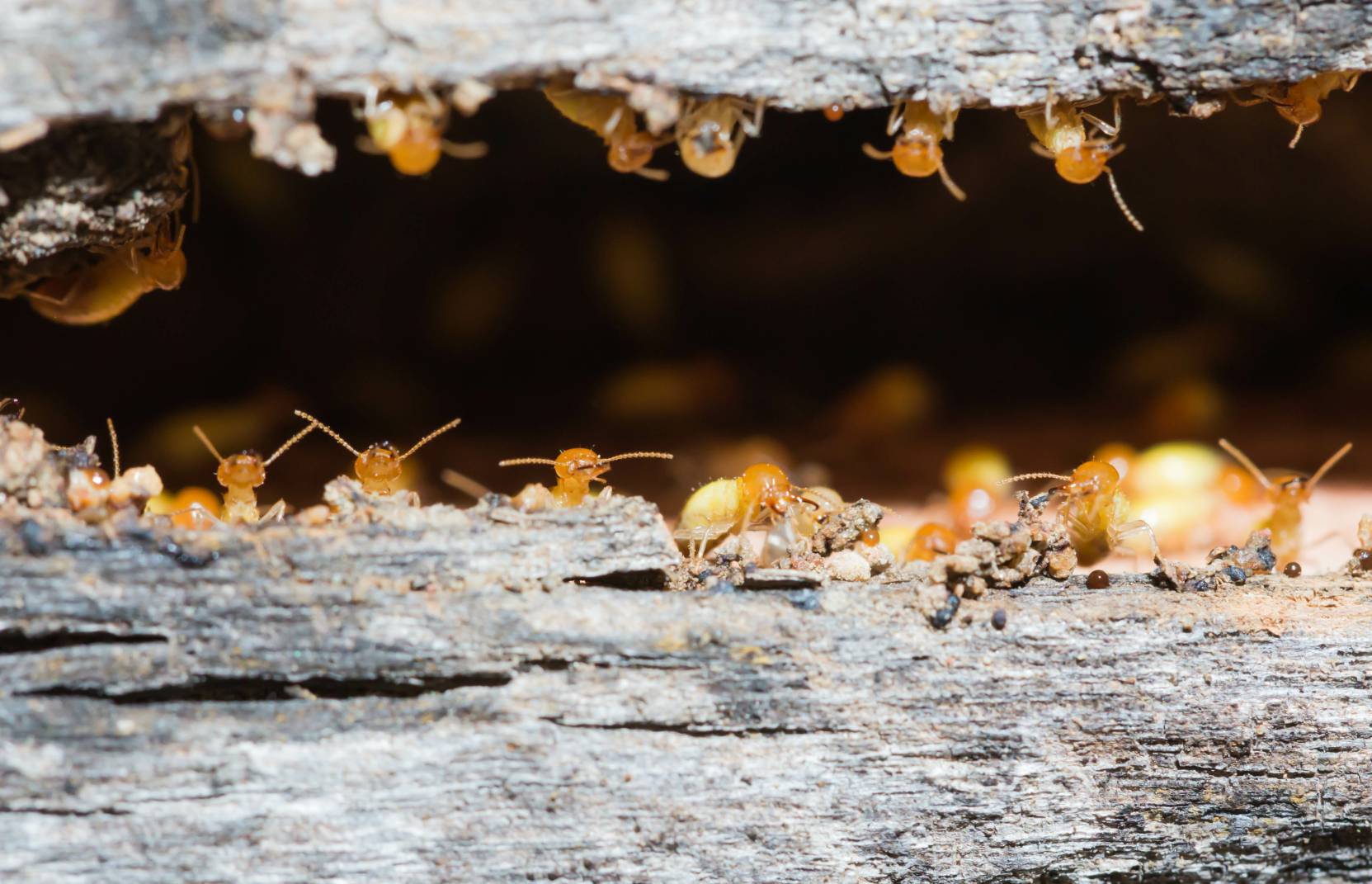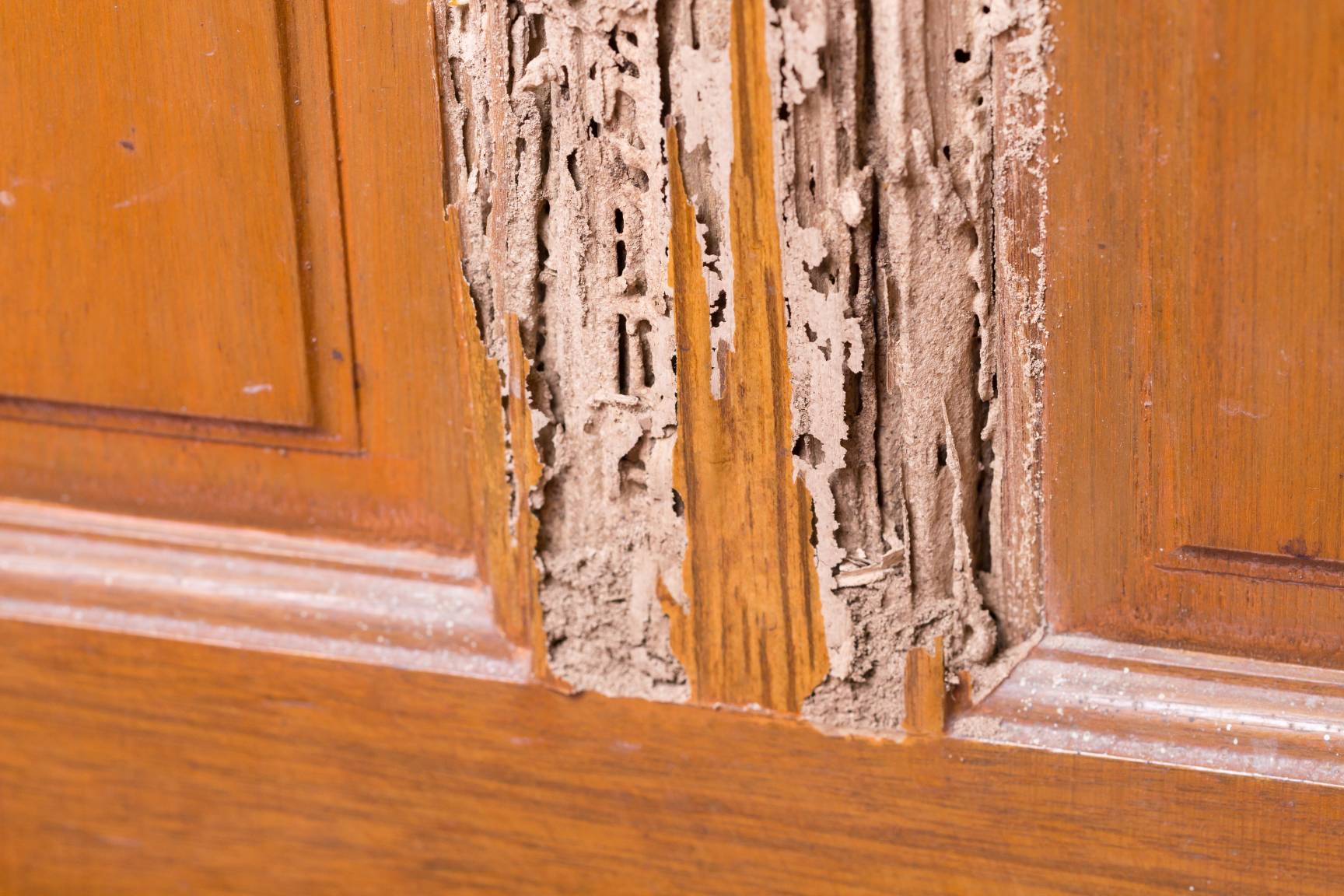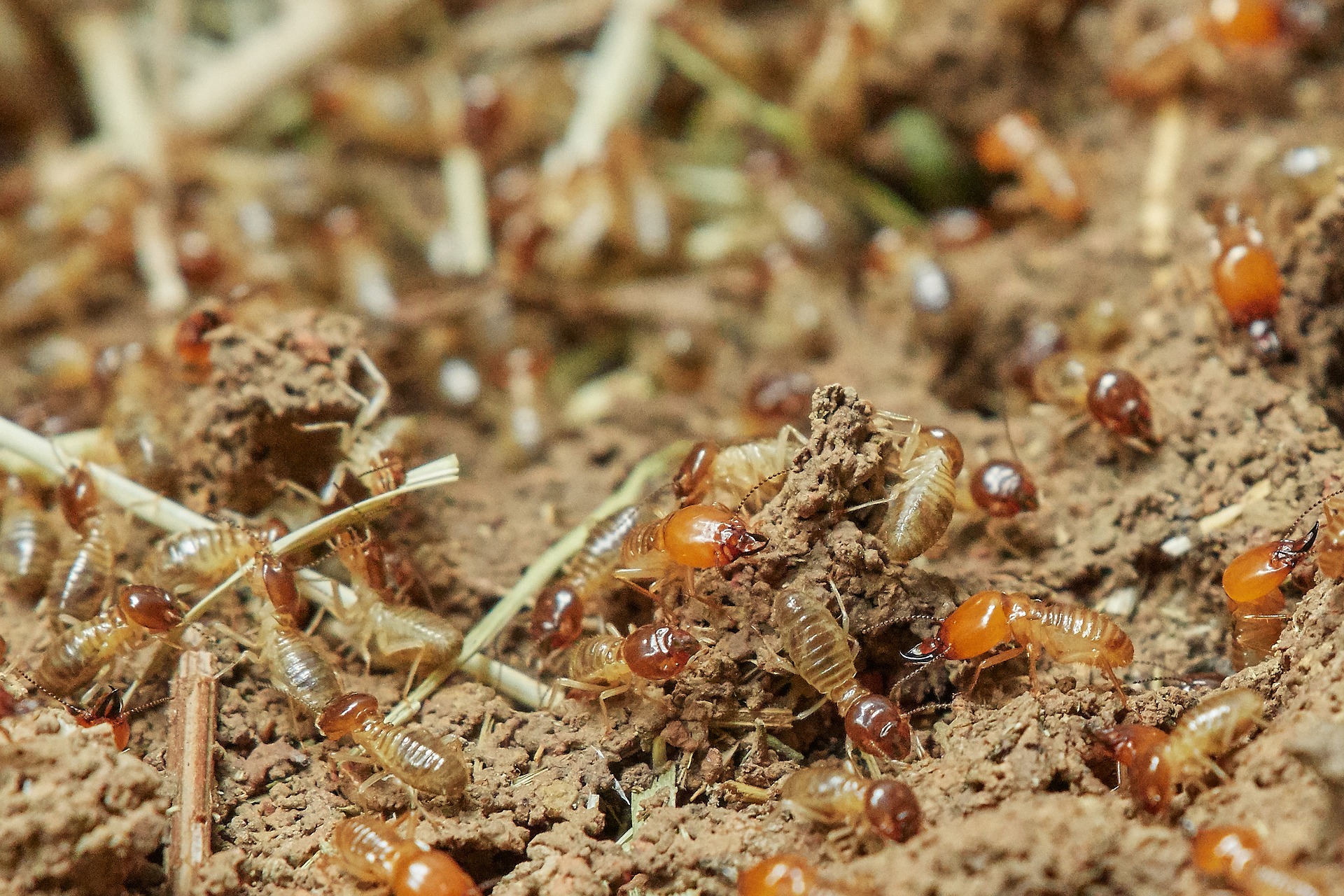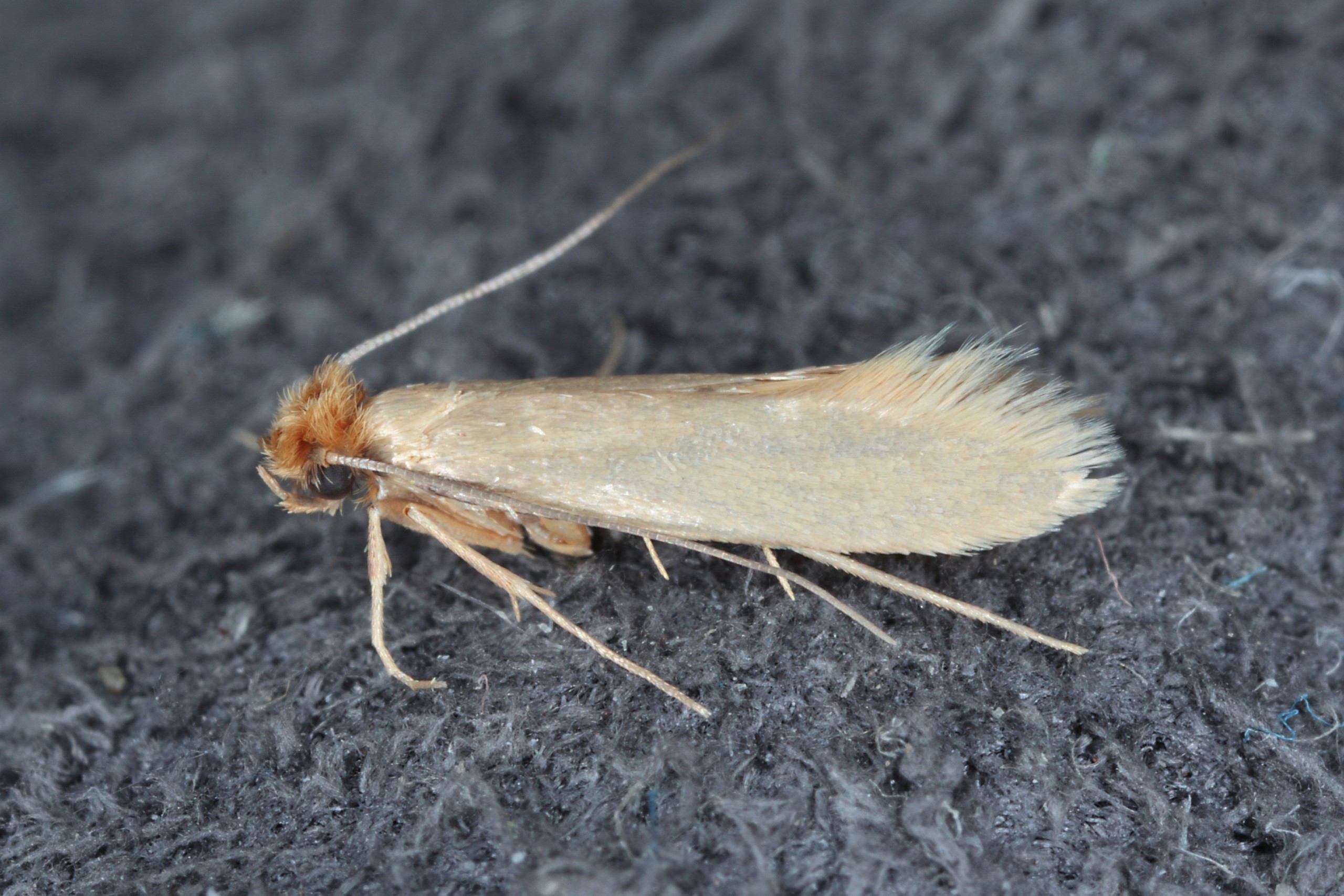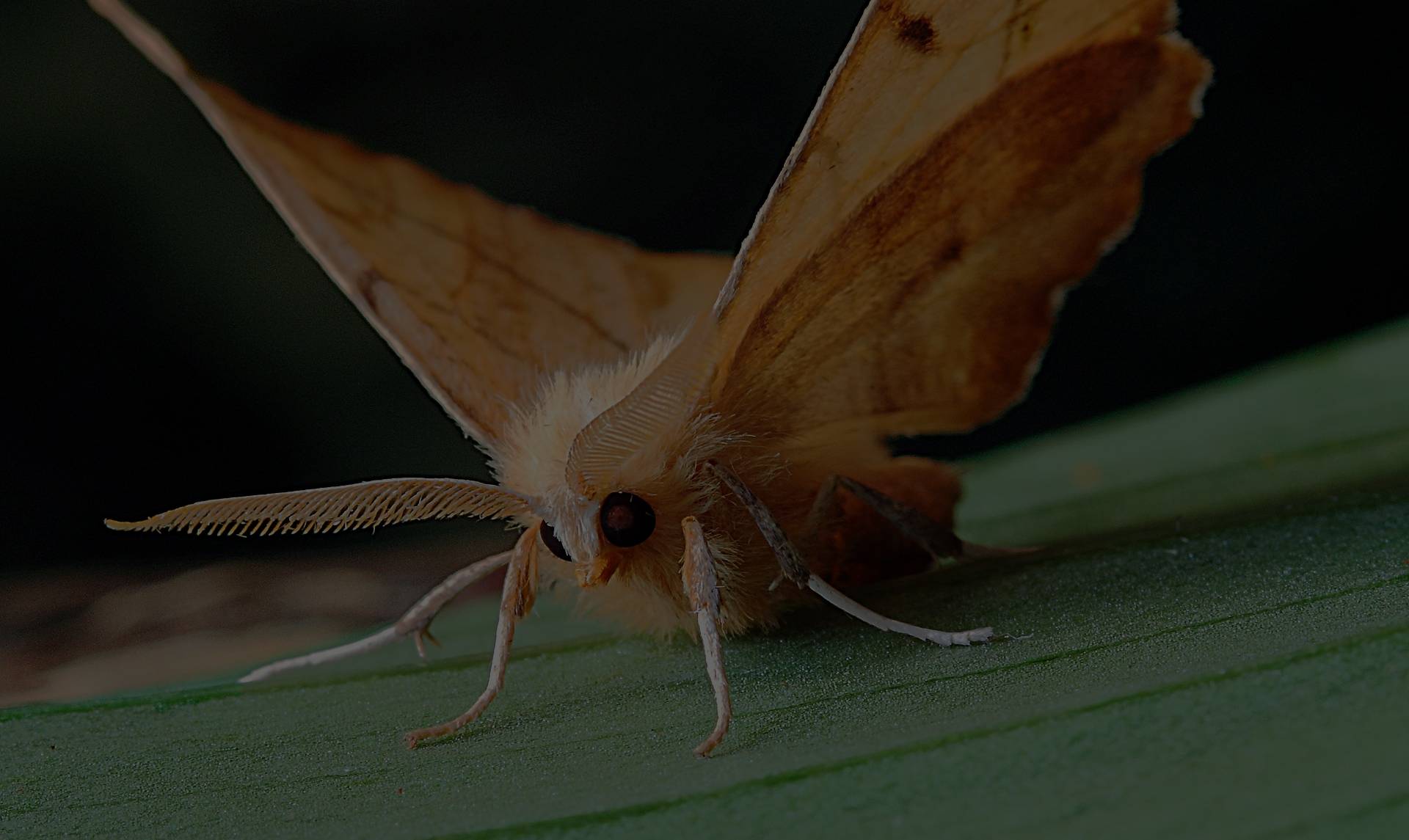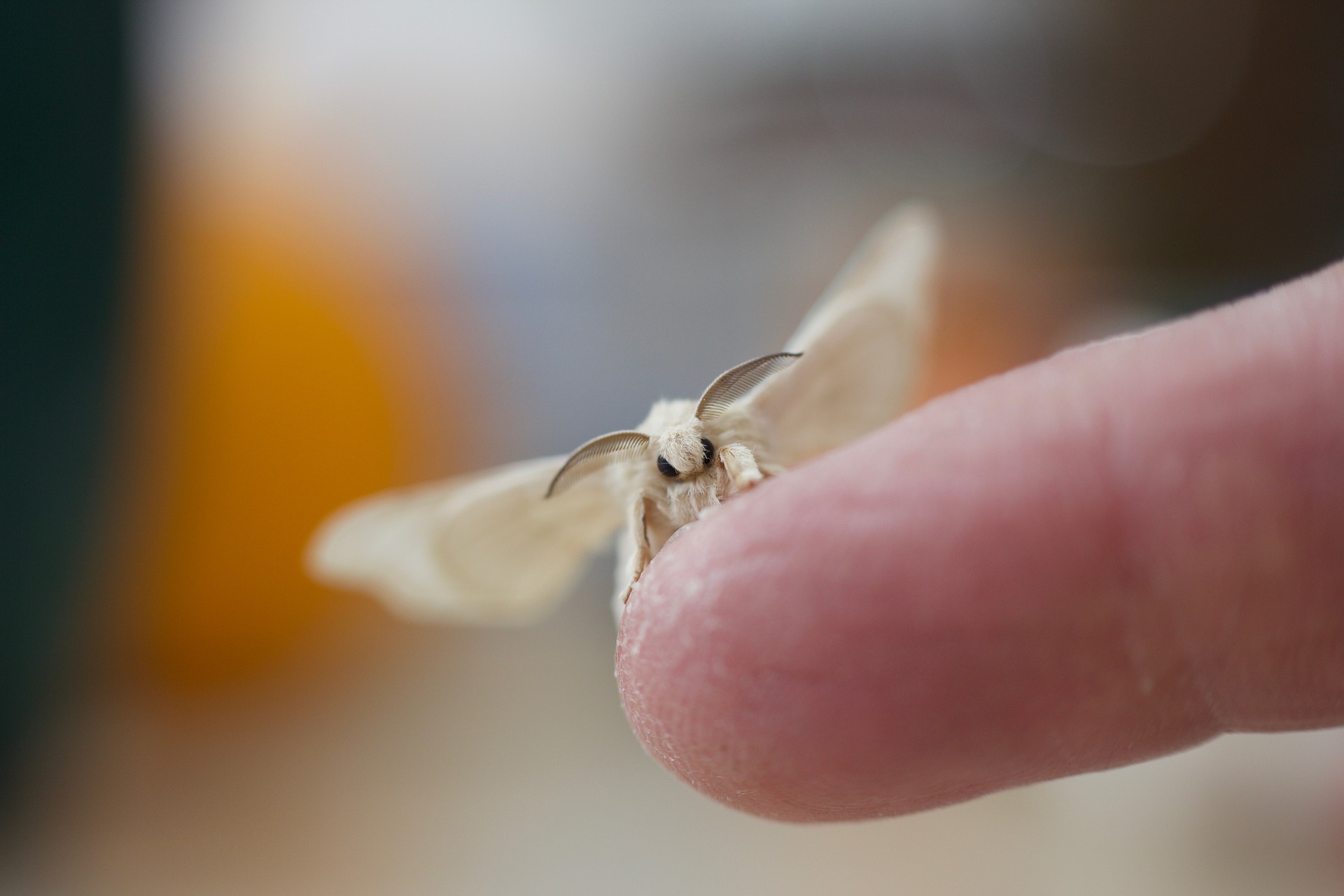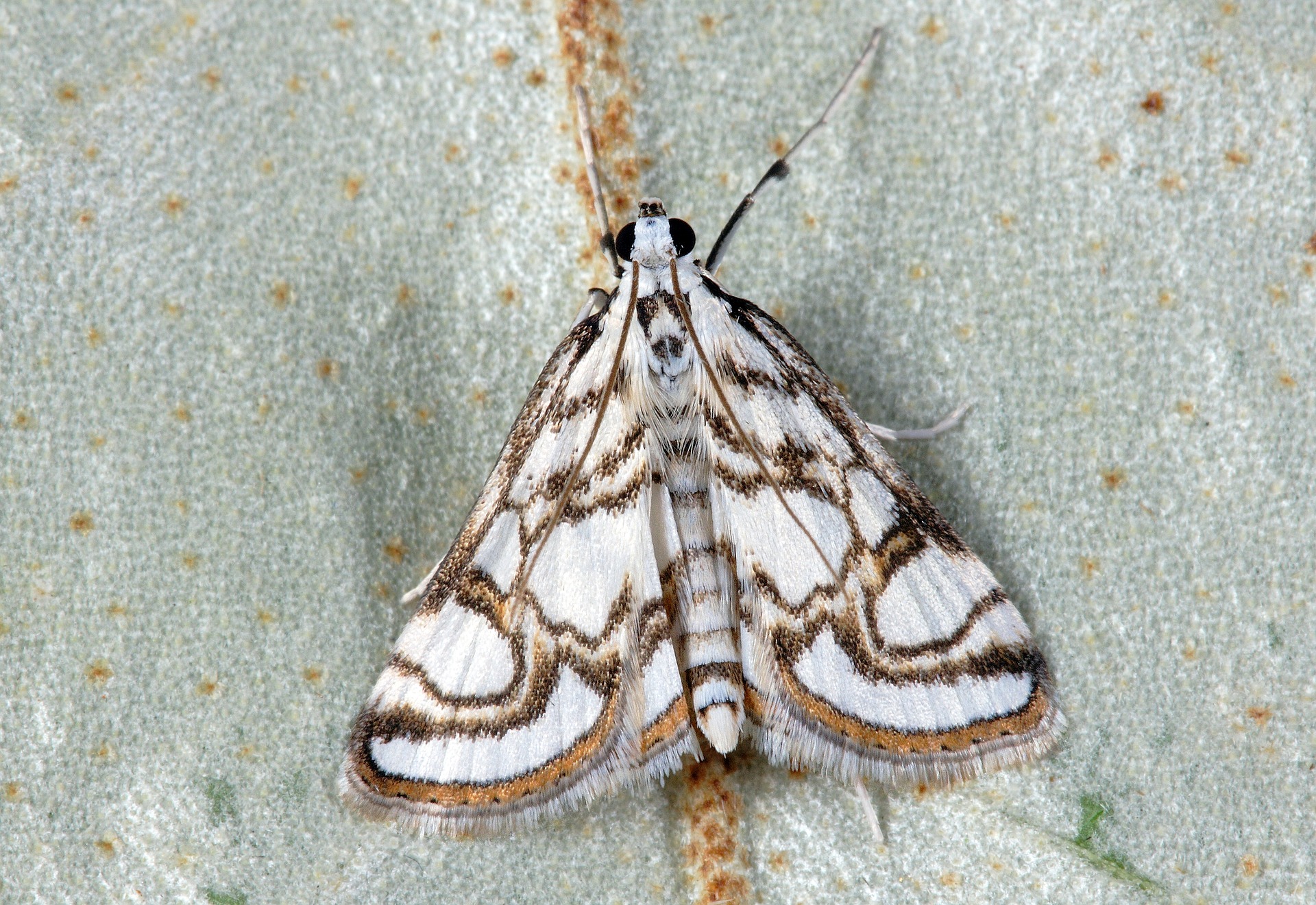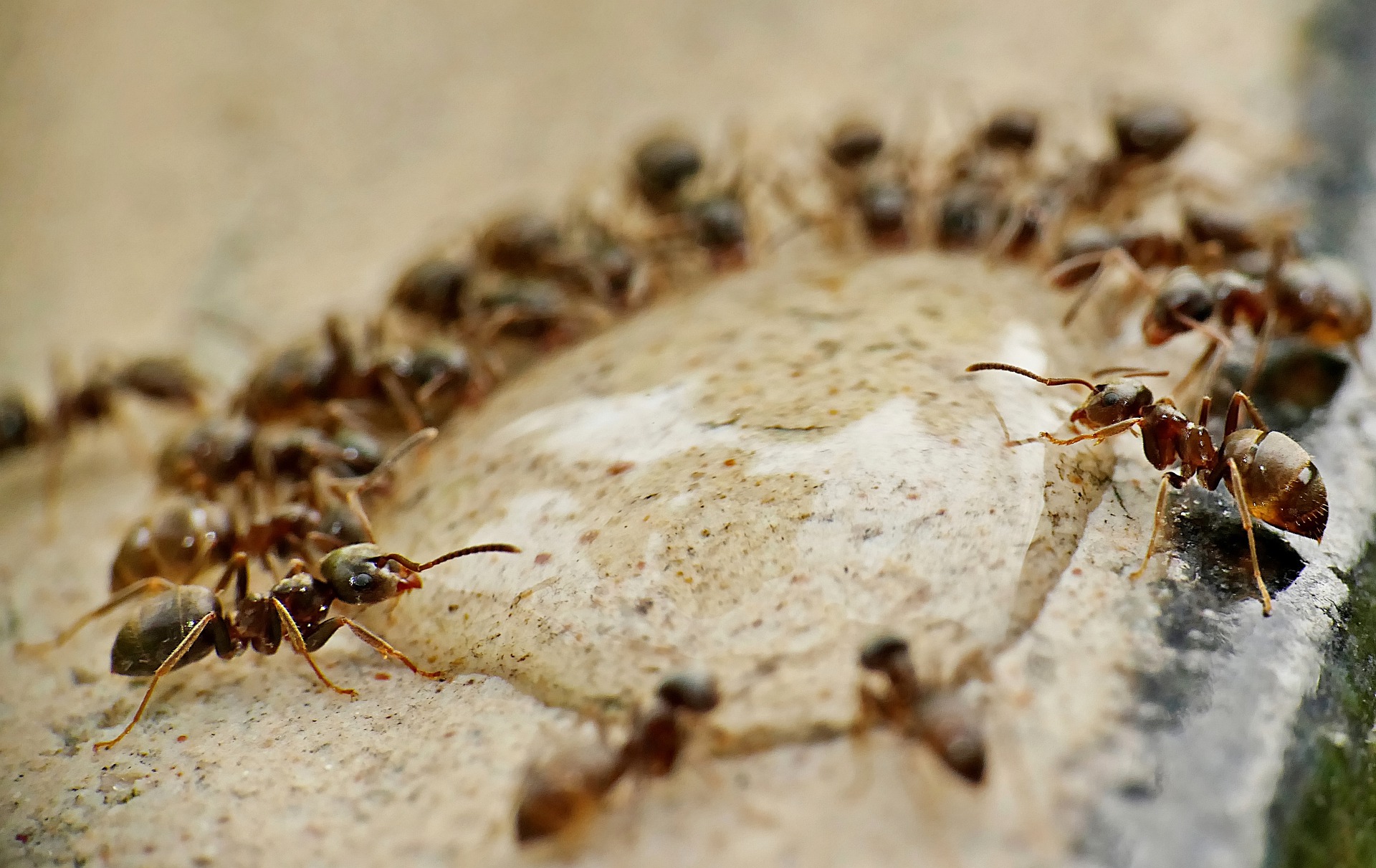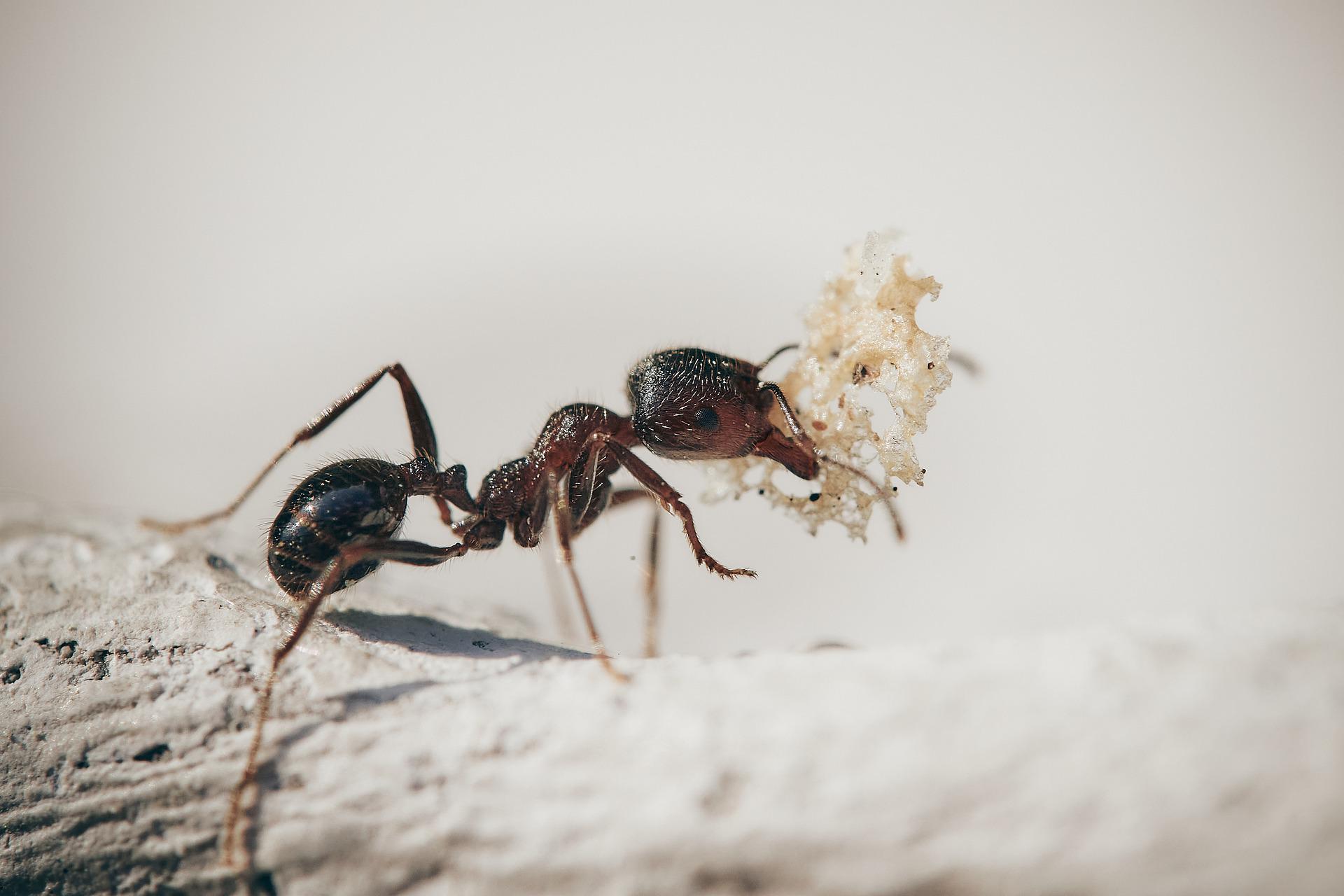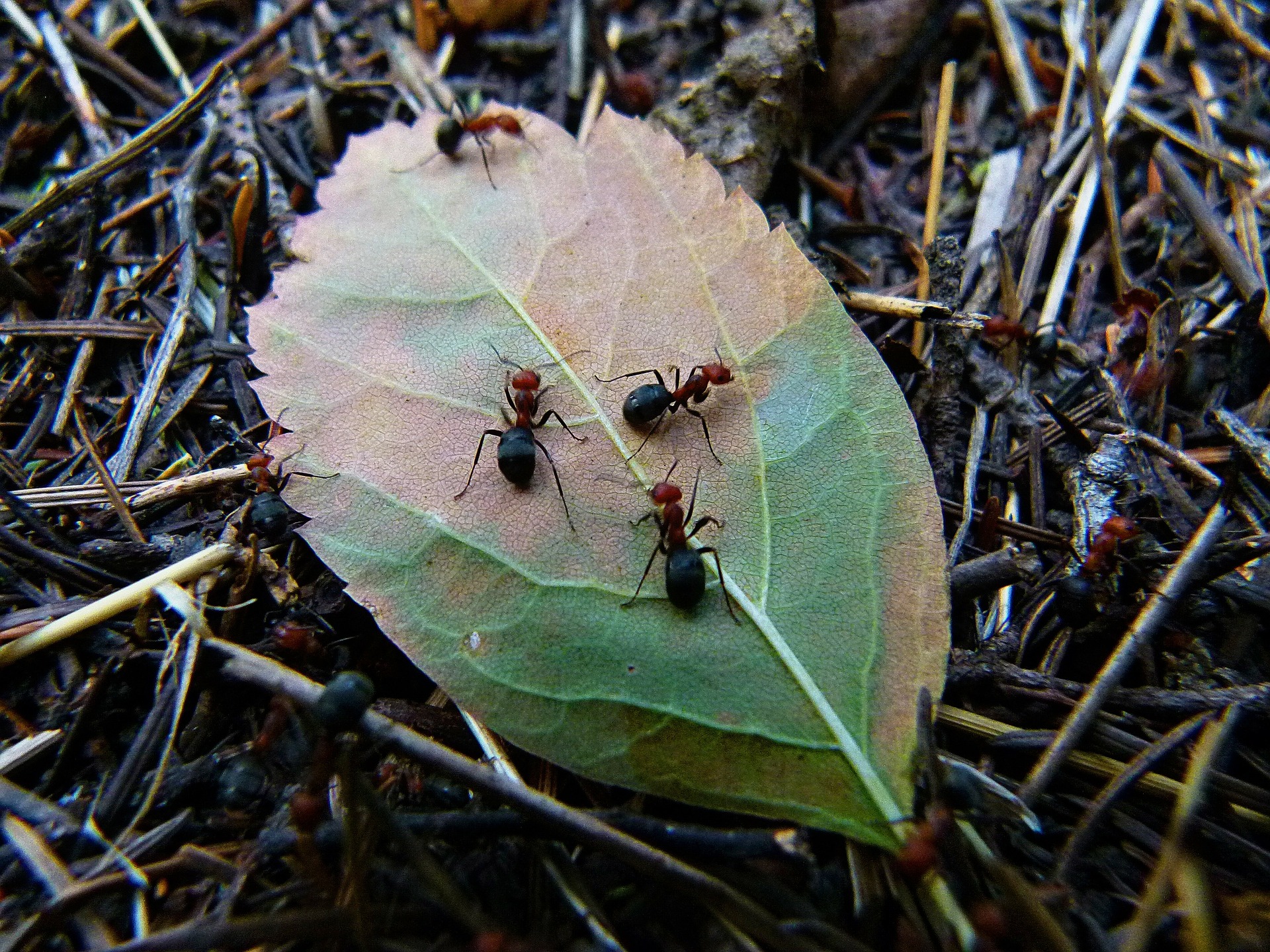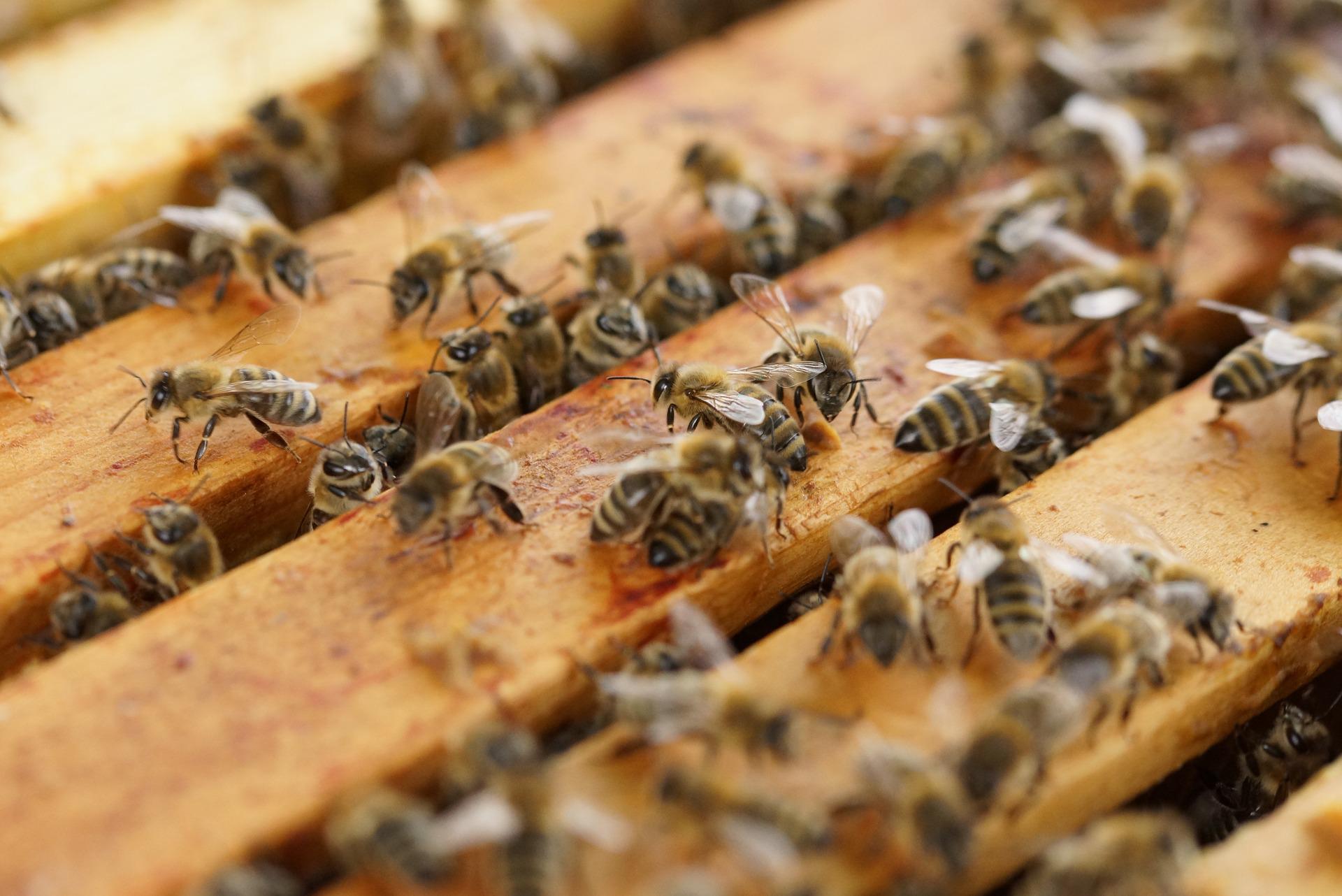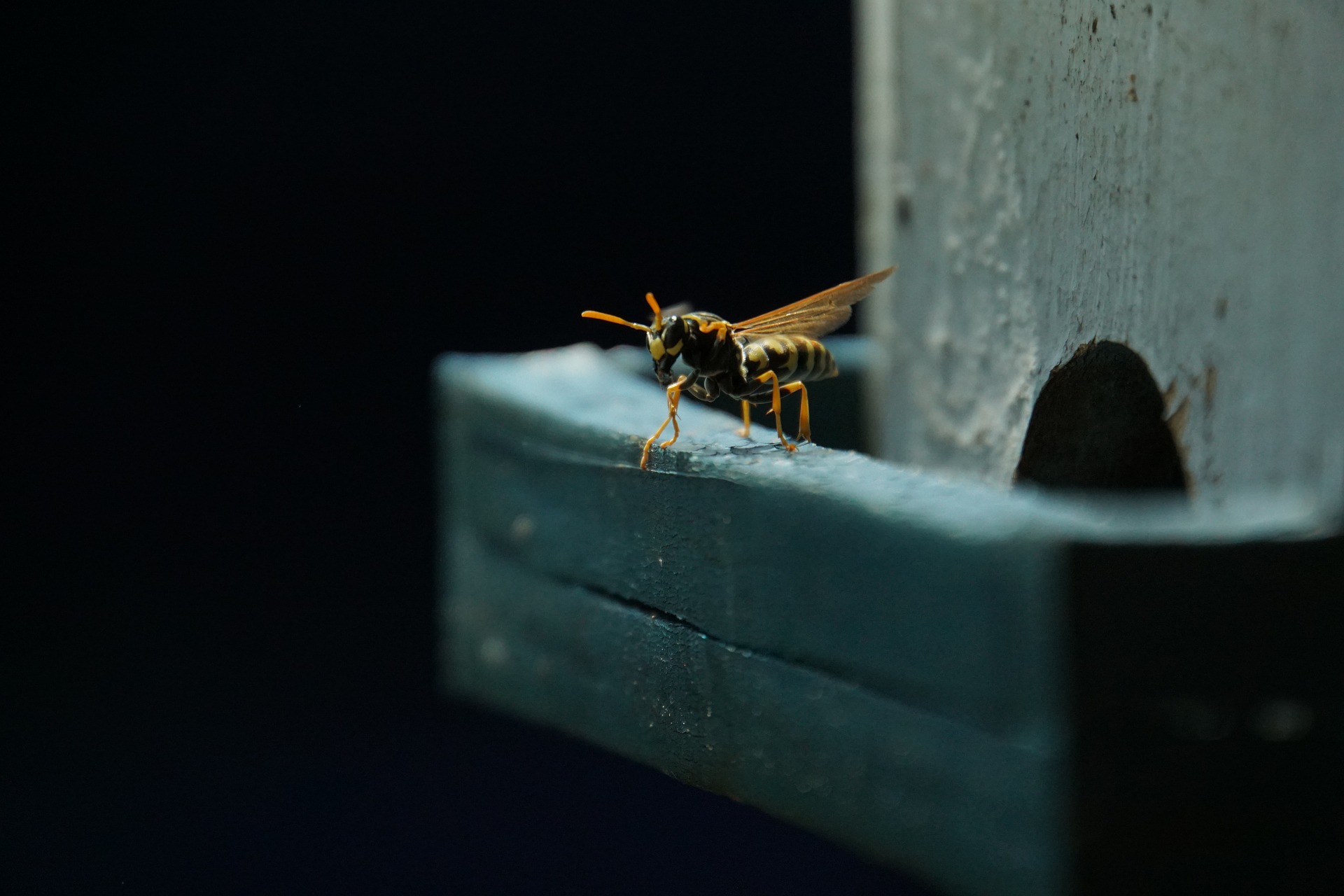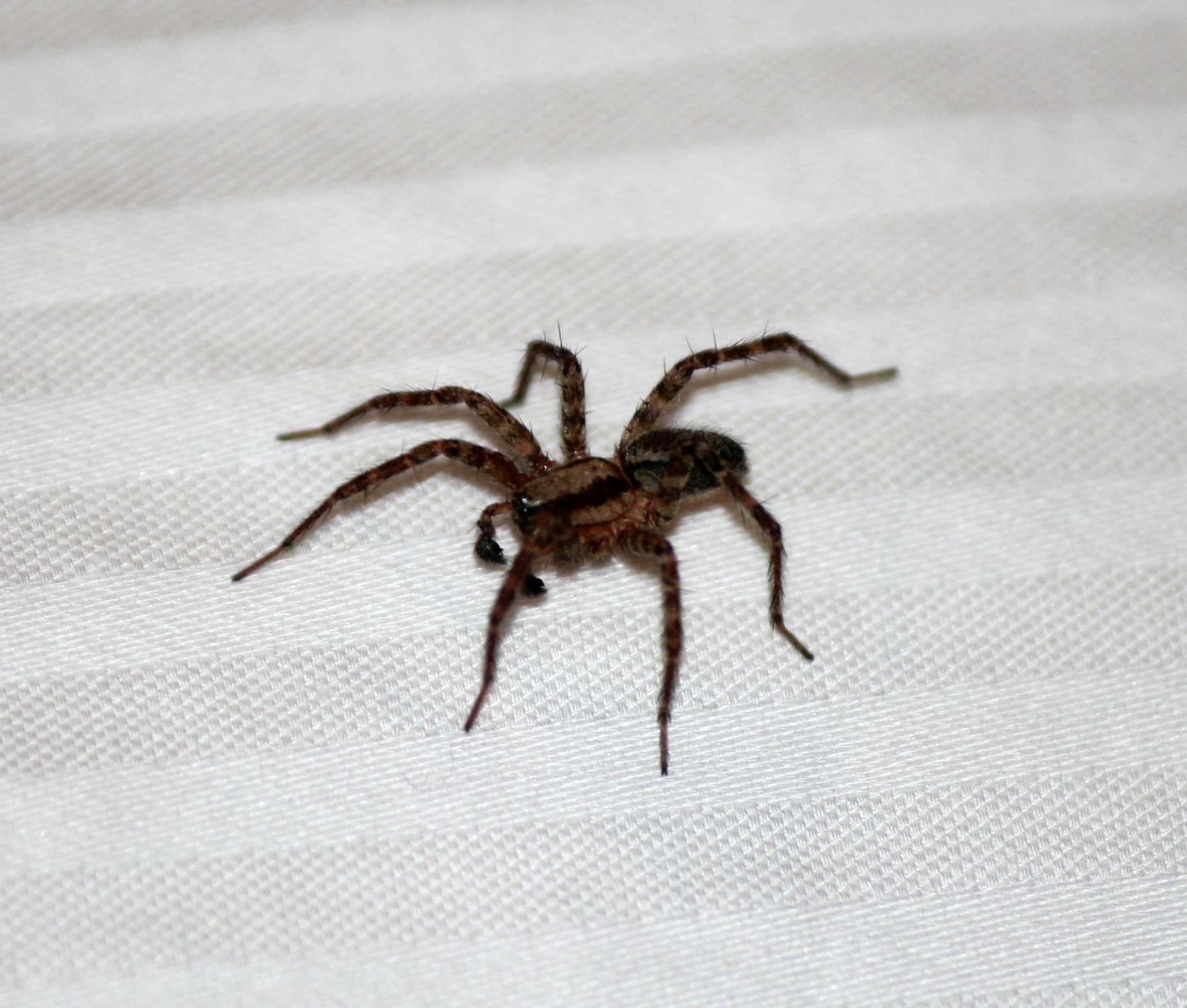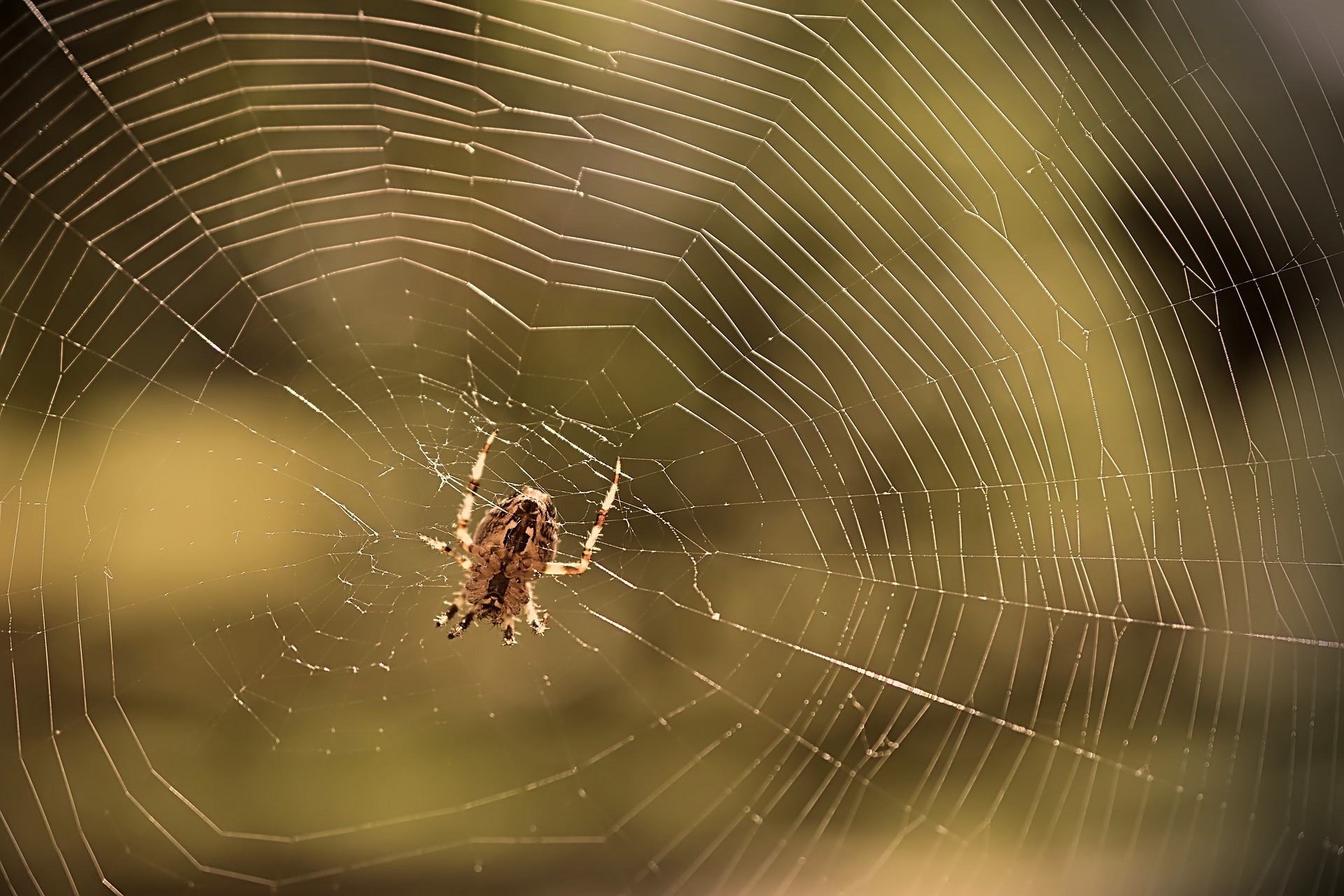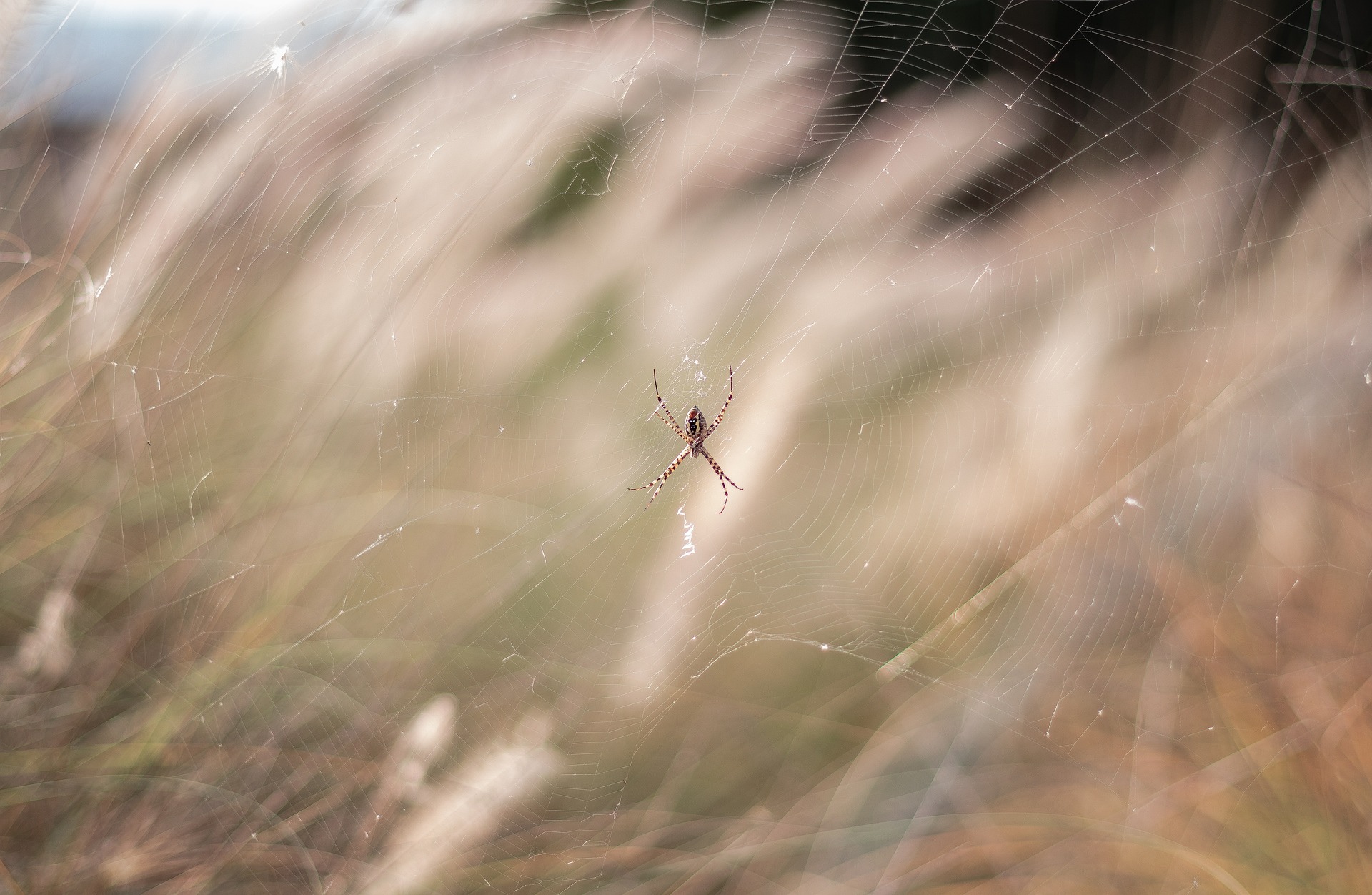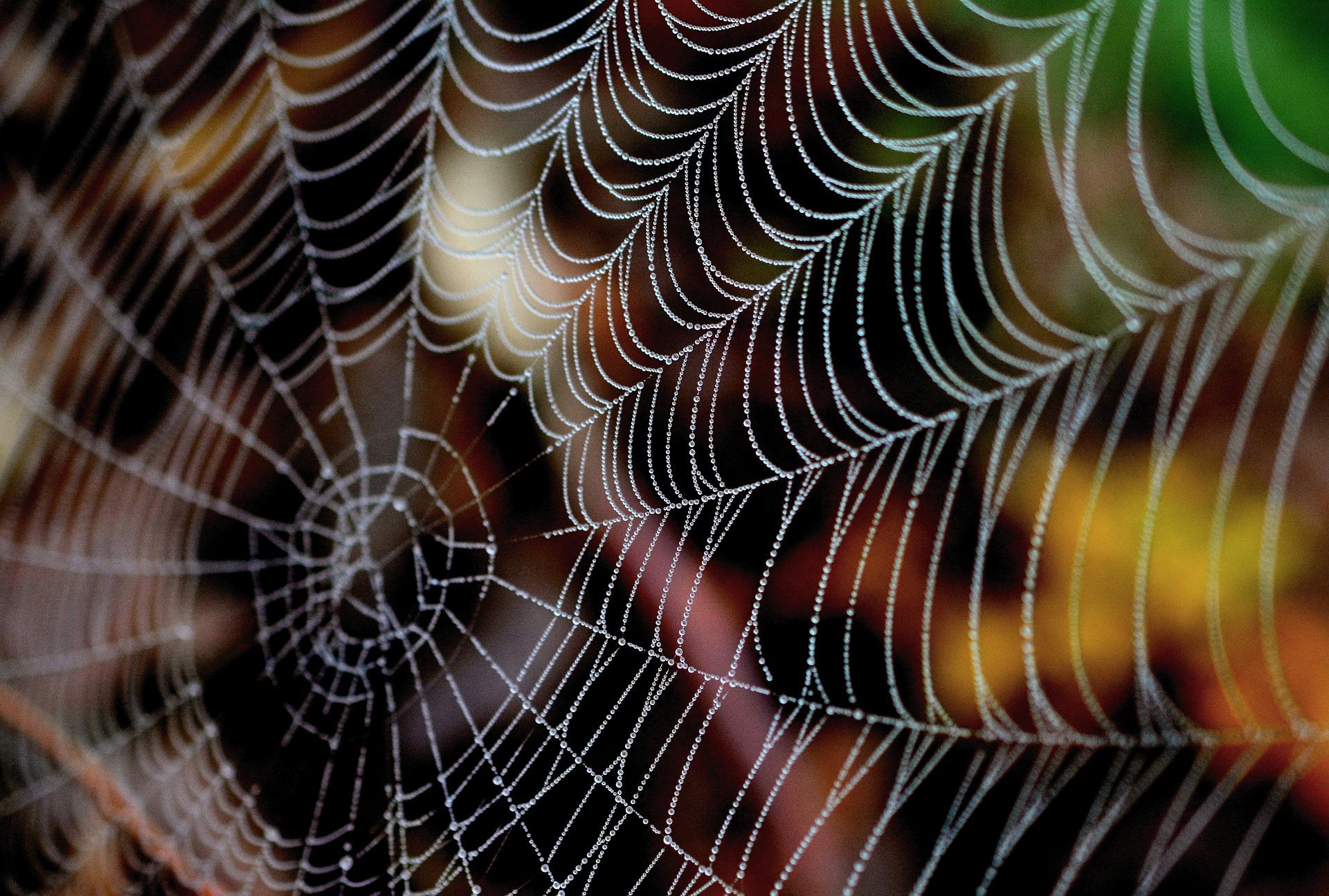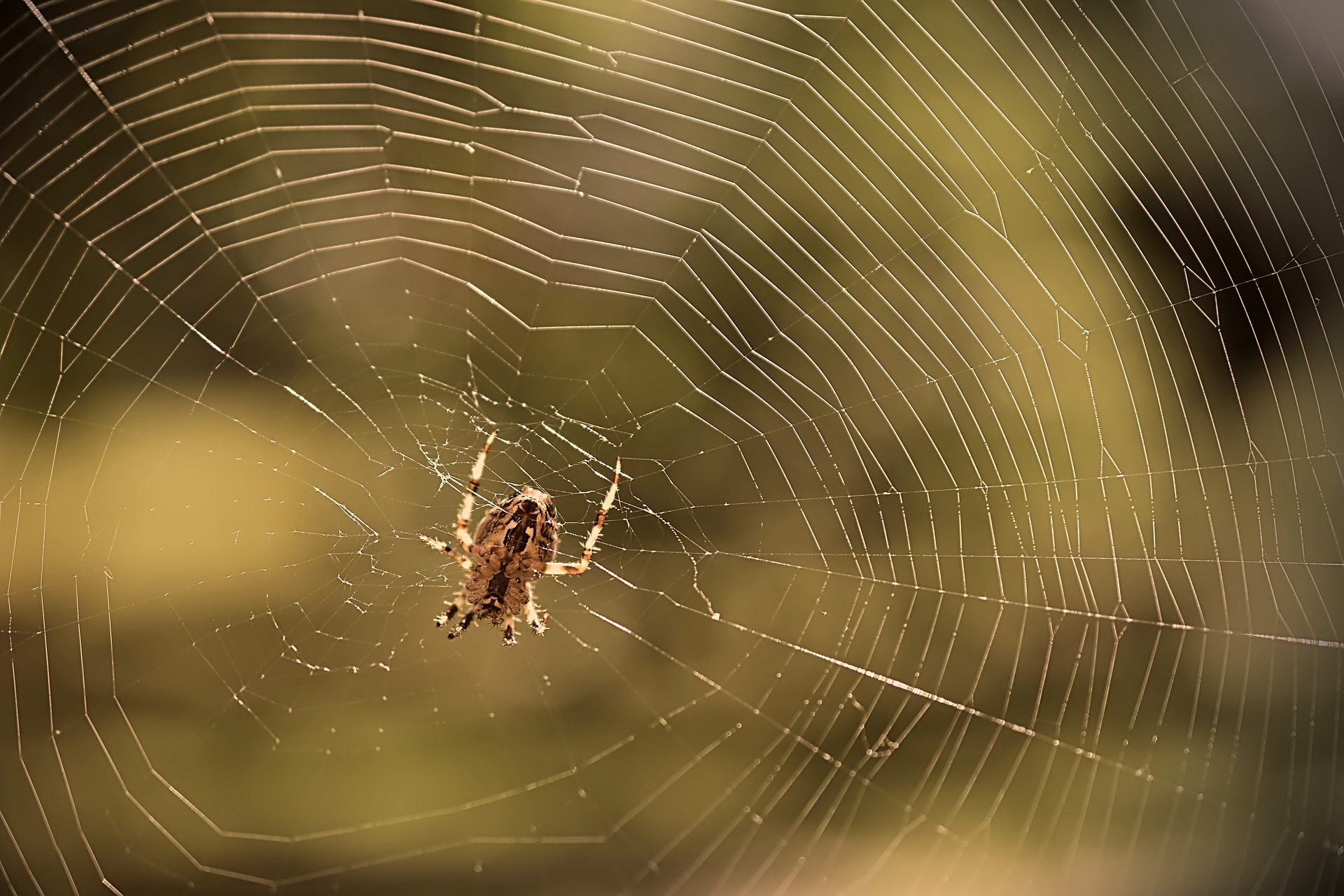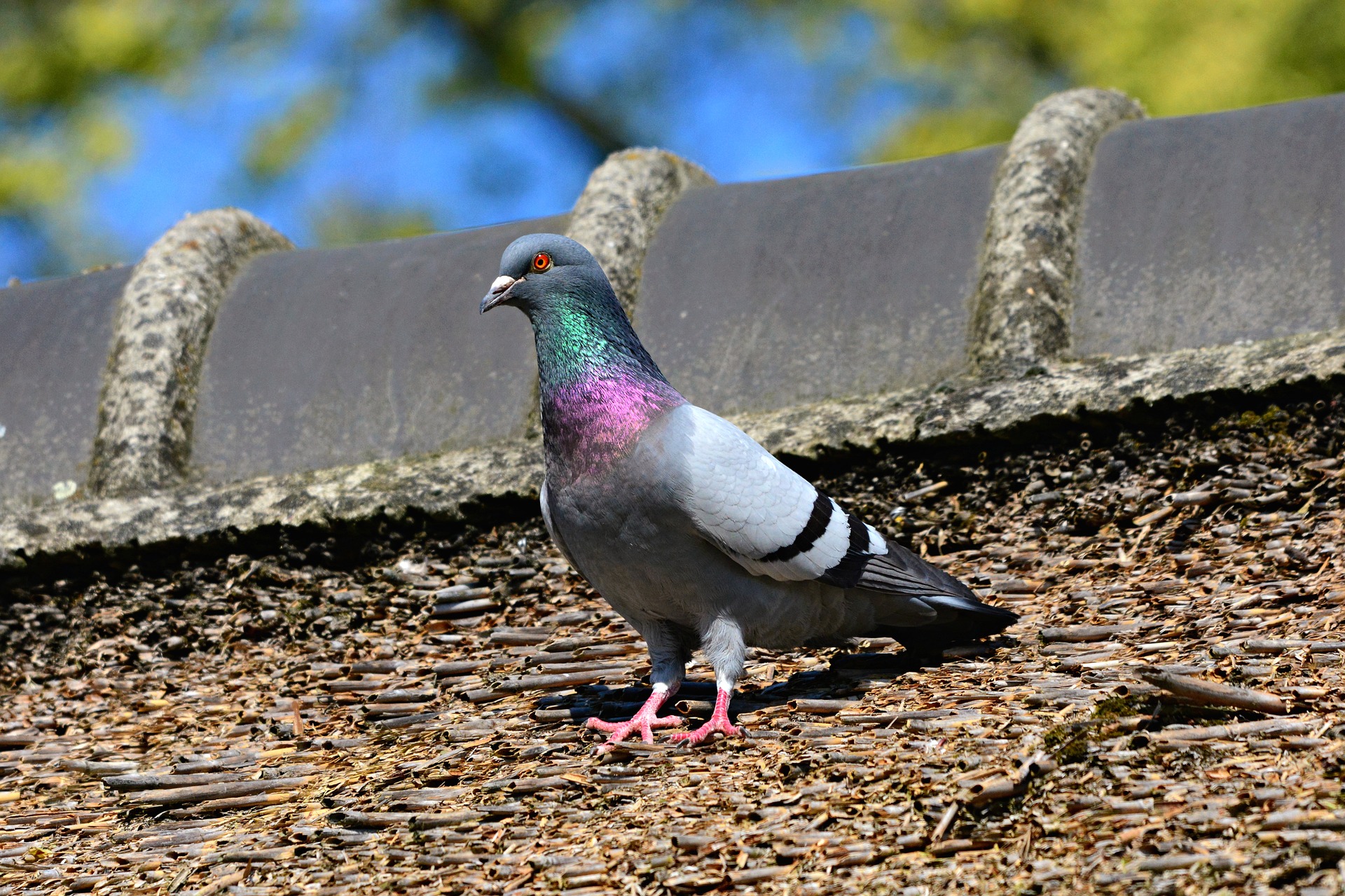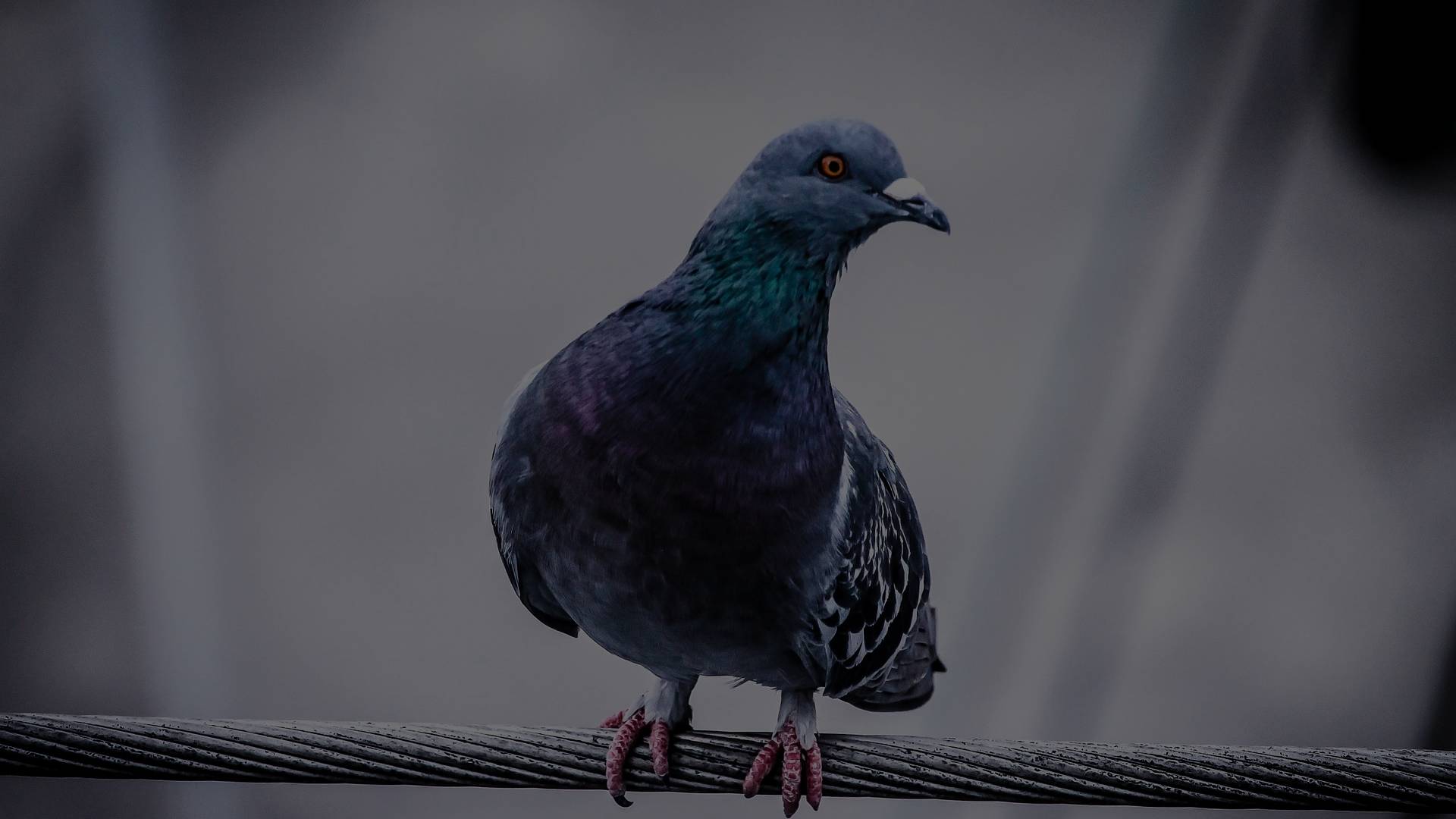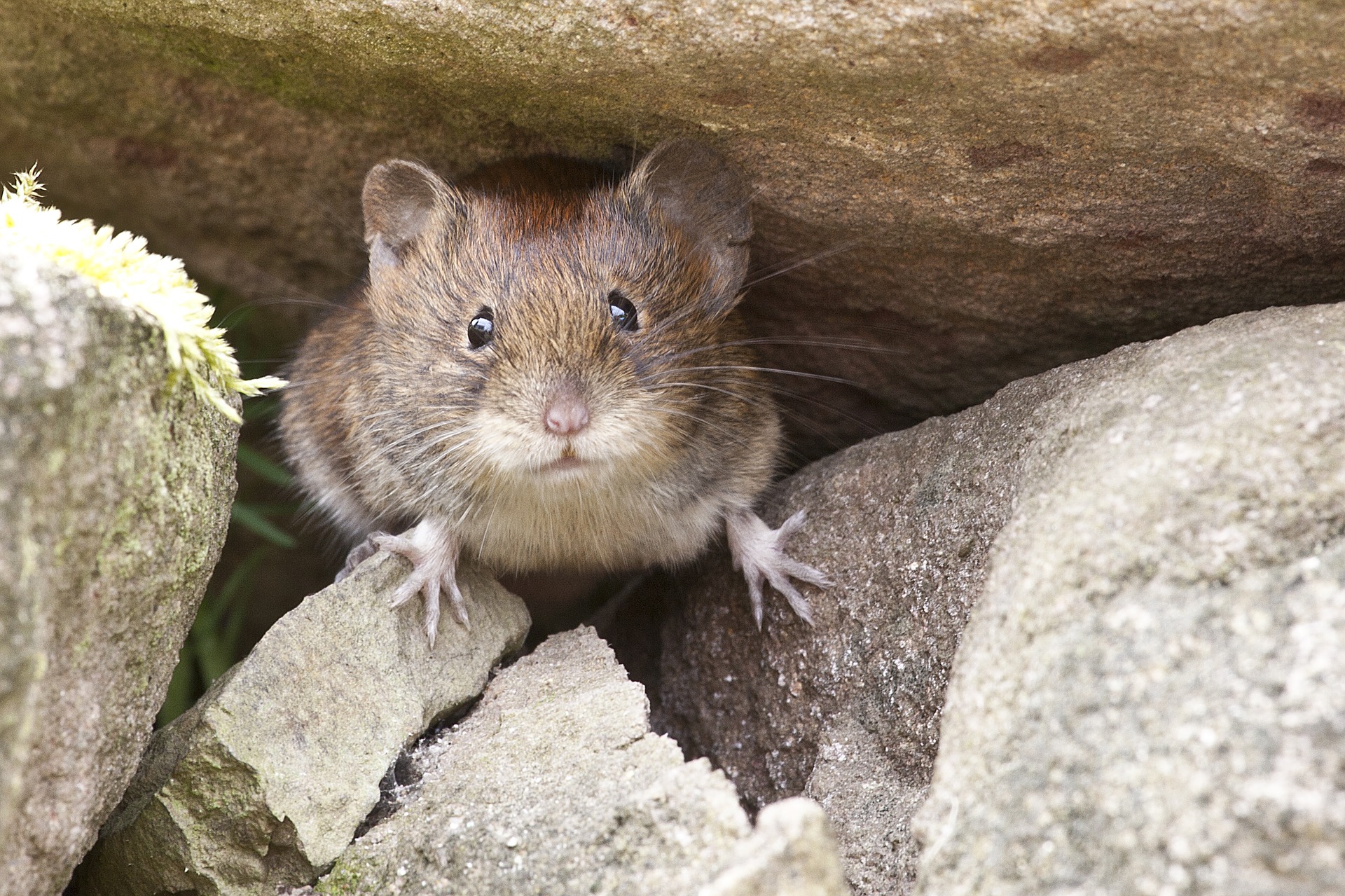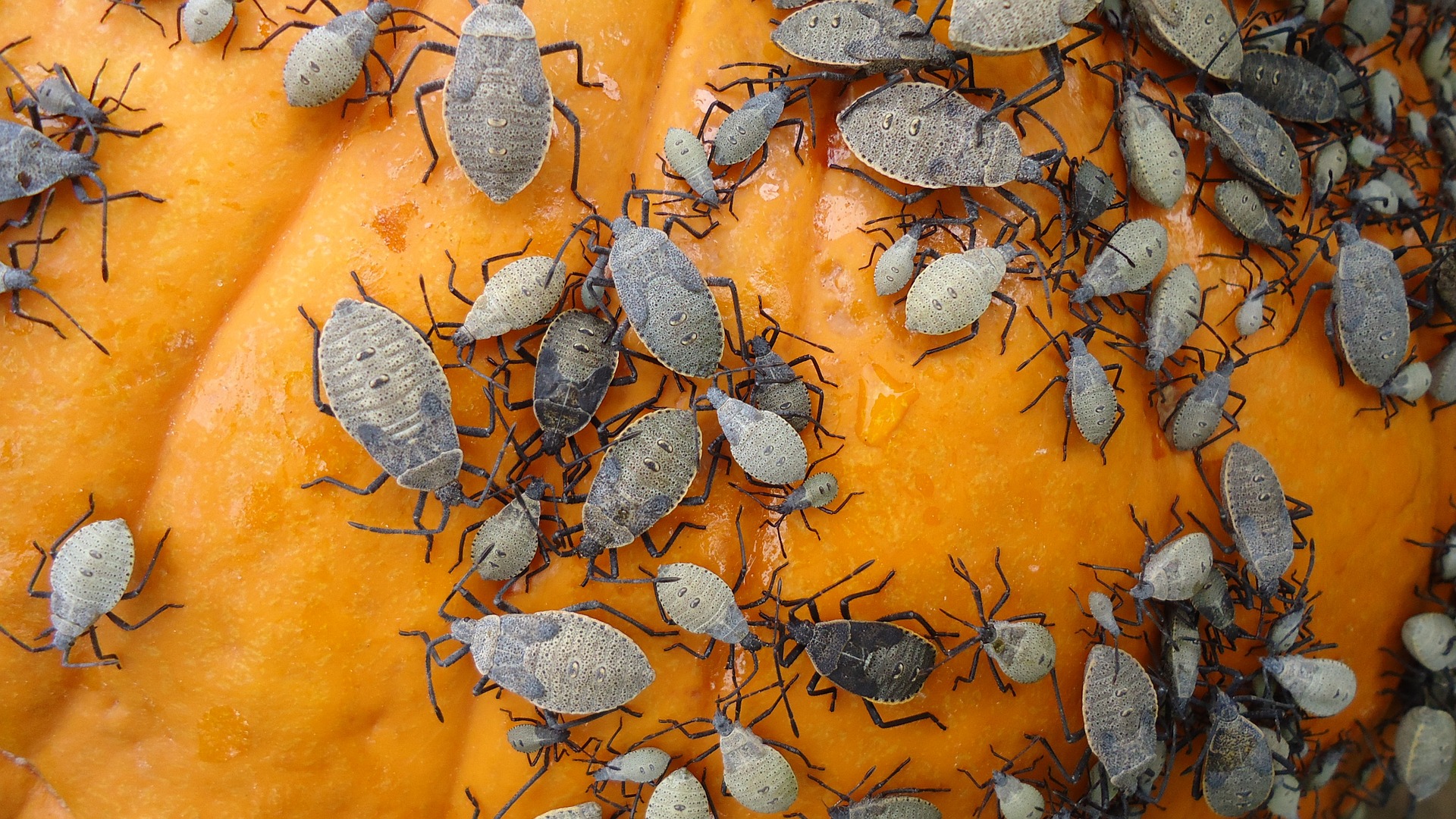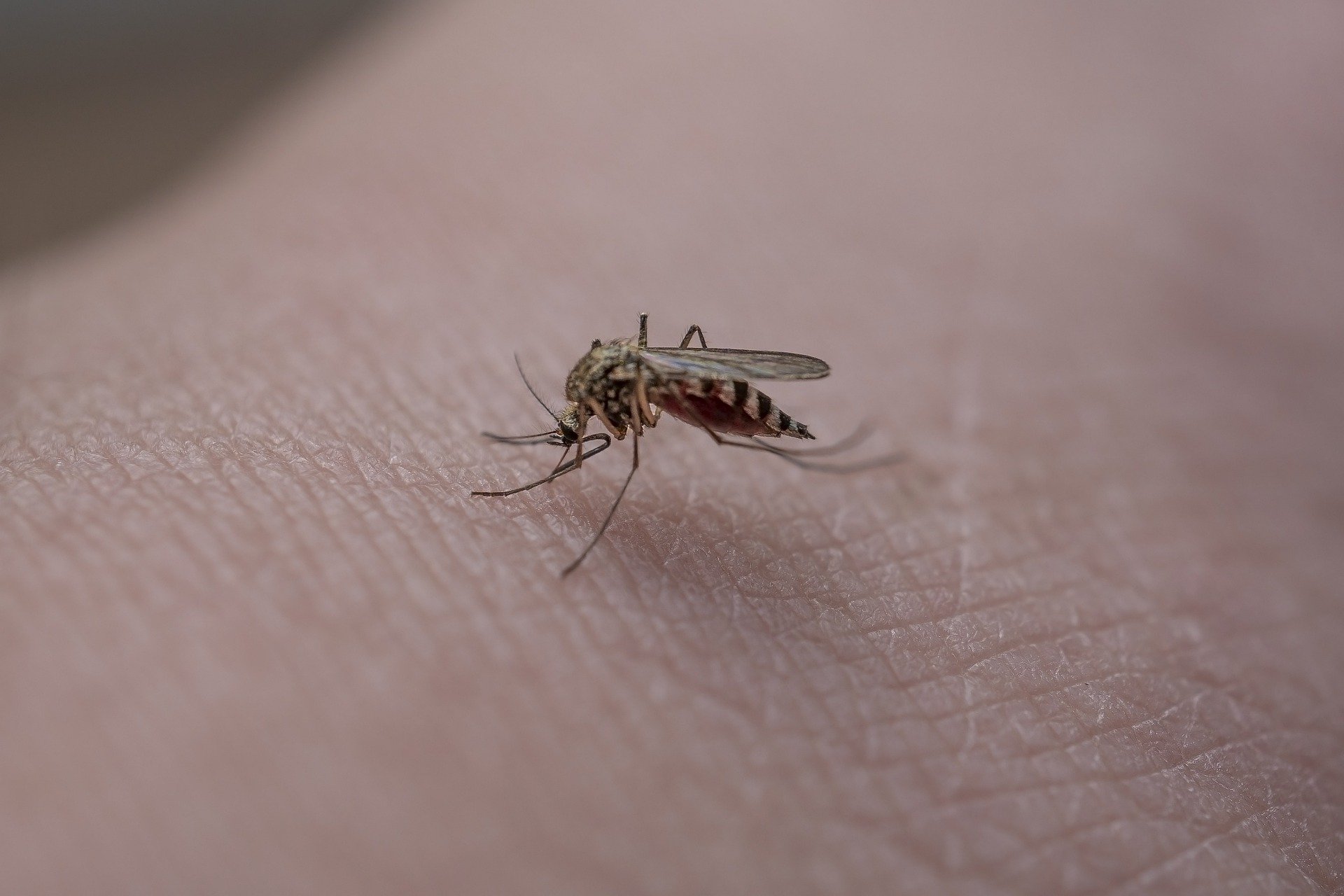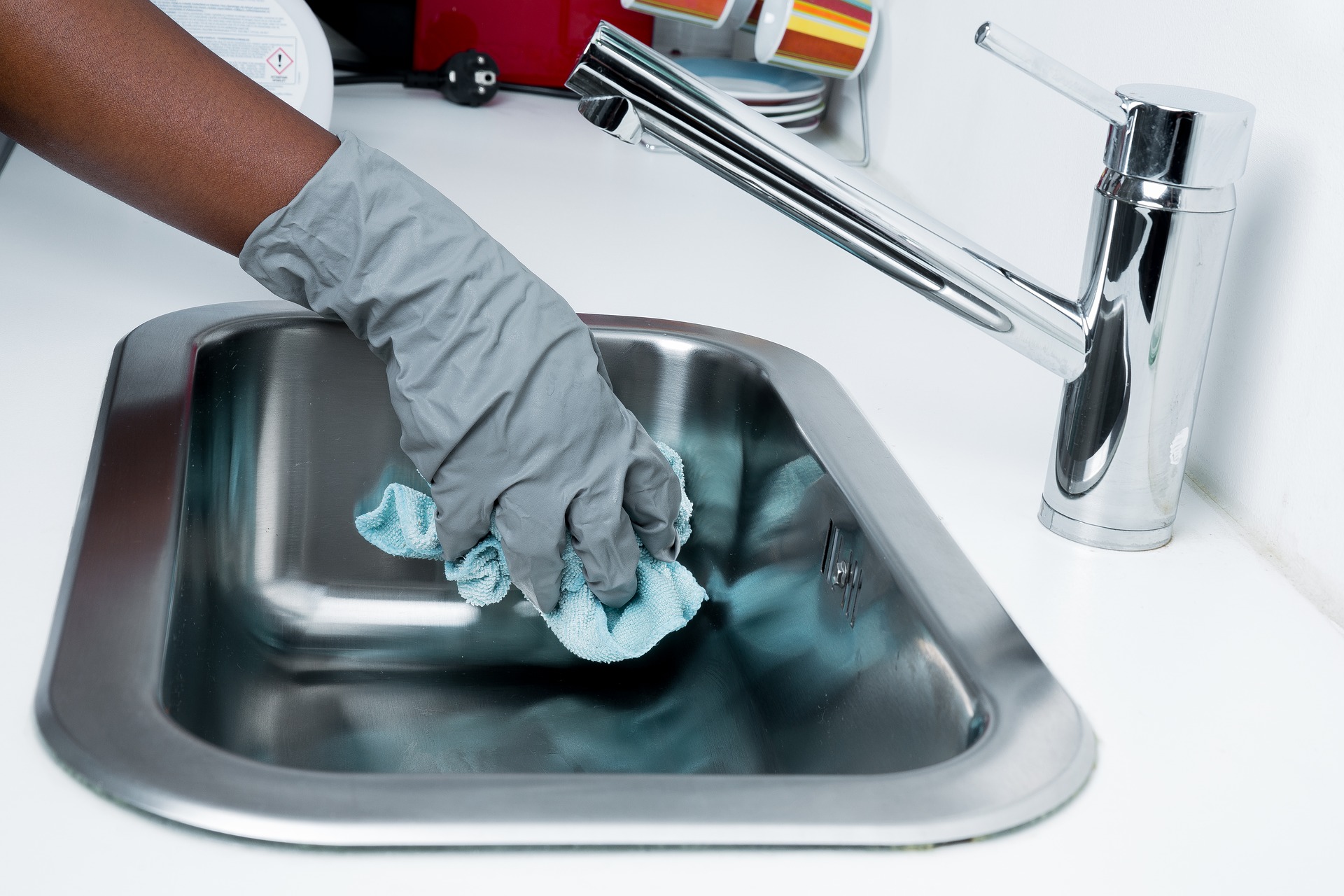Why Your House Cat Is Not Effective for Rodent Control
Cats and mice are one of the most familiar predator-prey relationships. From the historical use of cats in controlling rodents in ancient Egypt to childhood cartoons, many people assume that if you set a cat loose in a home with a rodent problem, the cat will quickly put an end to the rodents.
While cats do have a natural tendency to chase rats, mice, and other wildlife pests, the modern house cat is not actually very good at keeping rodent populations under control. It is better to rely on your cat for feline companionship and leave rodent control to the professional human exterminators.
Cats and Mice
Those who own cats may have already experienced their cat proudly carrying in a dead mouse and been thankful that there was no need to lay traps or call an exterminator. It is not unheard of for cats to catch a mouse every so often.
But when you have a mouse infestation, you may have dozens of mice. A young, healthy mouse will move at 12 feet per second and can squeeze through holes that are ¼” wide, making it relatively easy for a mouse to outrun a cat most of the time. When your cat does succeed in catching a mouse, there is a good chance it was an older or sick rodent that was not breeding anyway, or it was one of many that already lived on the property.
In order to catch a mouse, the cat also has to want to. Feral cats in urban areas will eat trash, insects, and mice to survive. Your cat likely receives regular meals and does not need to rely on her hunting capabilities to survive. Without any need for food, your cat is only going to chase rodents for play. If there is more than one mouse present, one or two well fed house cats will likely have little effect on the infestation.
Cats and Rats
Cats are less successful in rat control. Studies over the last hundred years have shown that cats will rarely go after mice, even when they are hungry. When scientists observed over 200 hunting attempts by cats in NYC over 5 months, only 20 attempts involved rats, and only 3 resulted in kills. Rats are simply
too large to be a convenient prey for cats who will go after smaller rodents, bugs, or trash where they are more likely to secure a meal.
Although they will not be trapping rats and mice themselves, cats can still be beneficial for rodent control. Some evidence suggests that the odor of a cat on your property deters rodents since they do not want to cross paths with a potential predator. A cat’s sensitive nose and ears can also alert you to a rodent infestation if your cat suddenly starts scratching at walls or chasing something behind your furniture.

